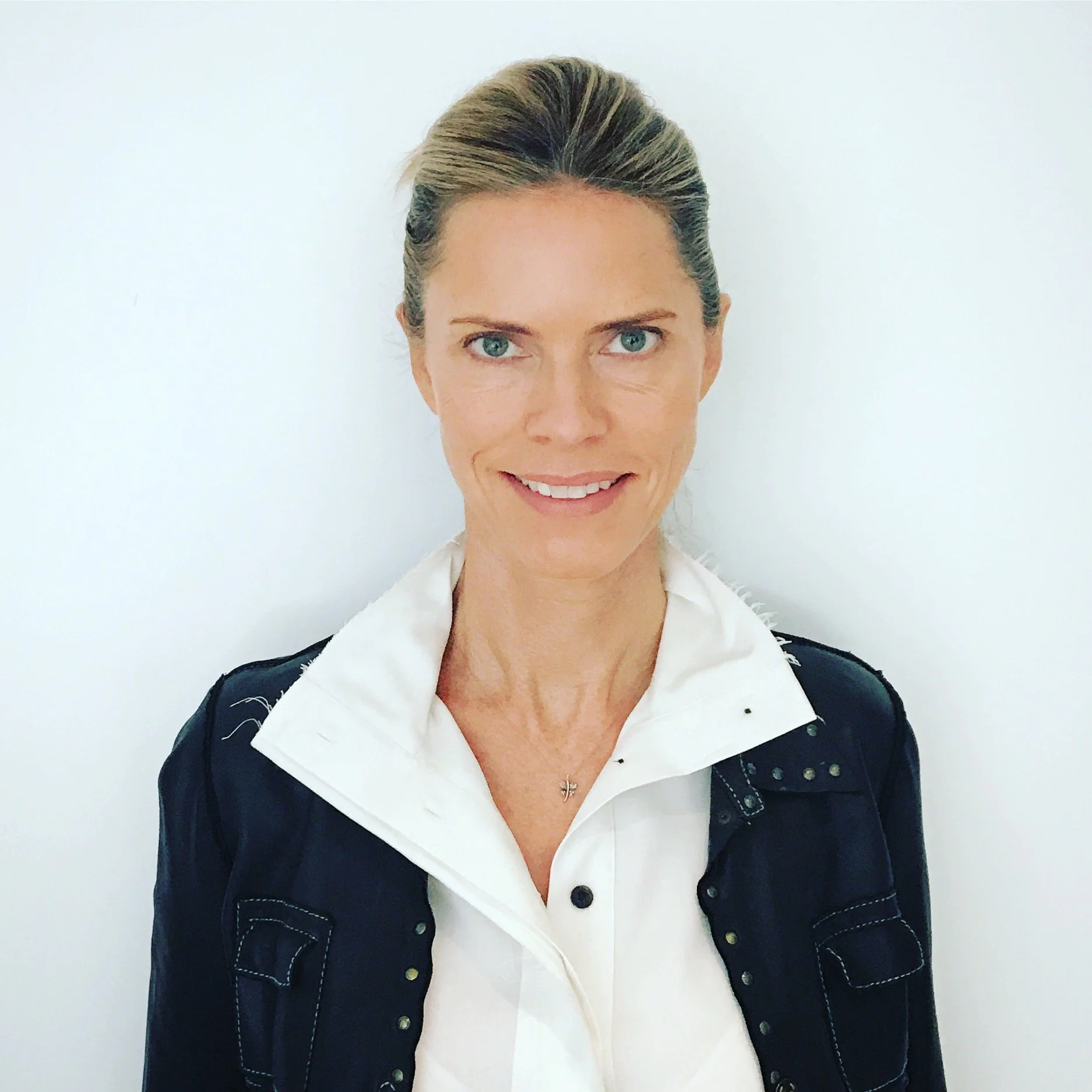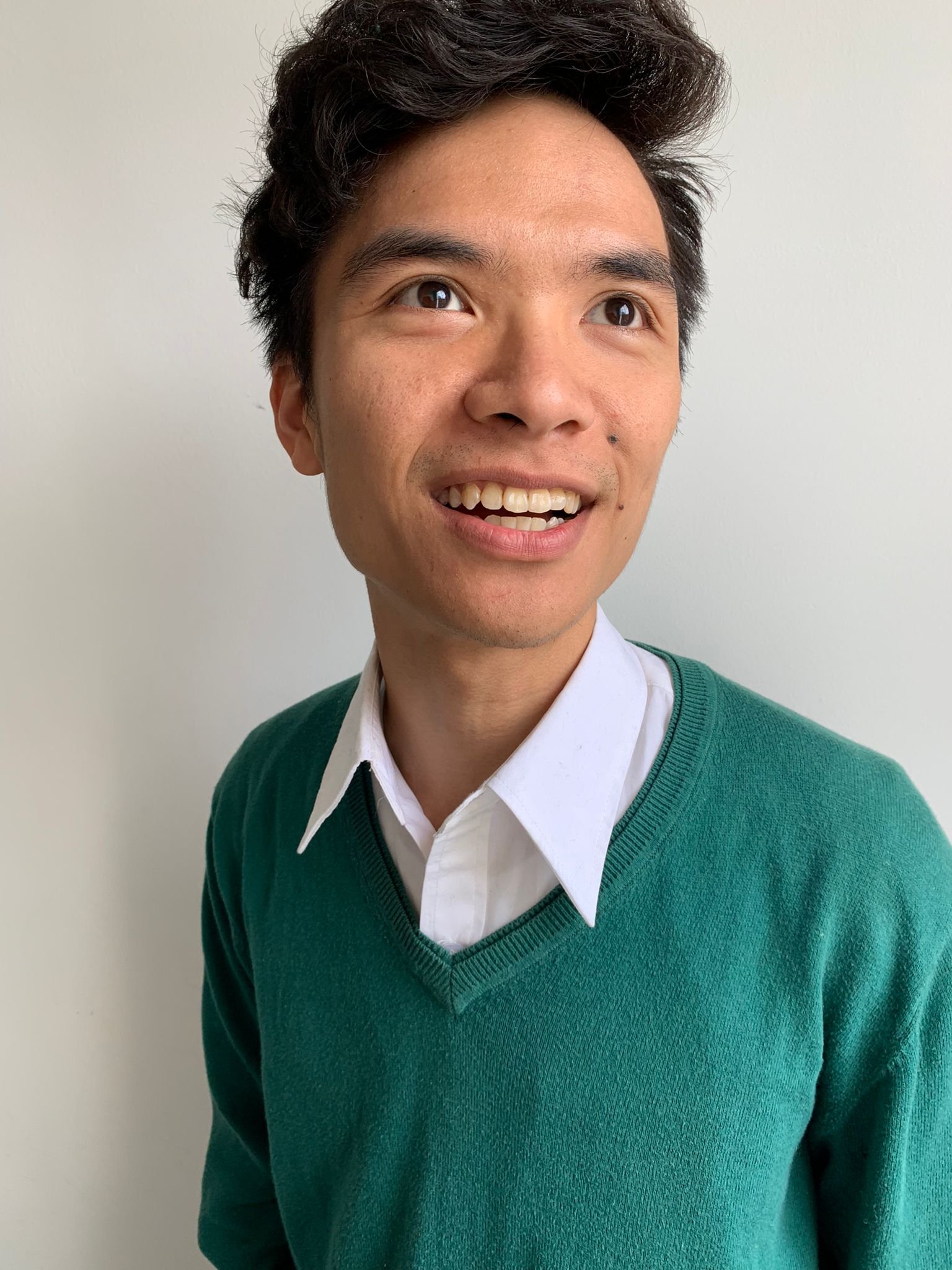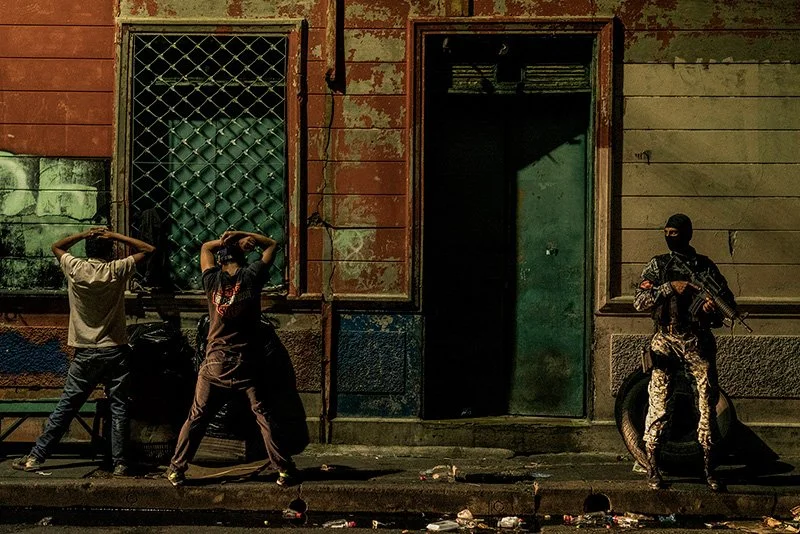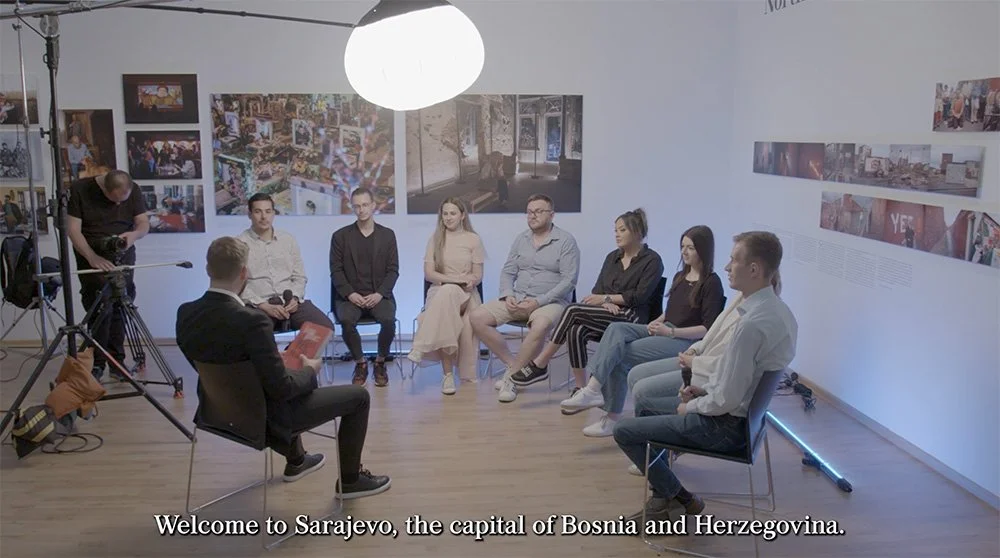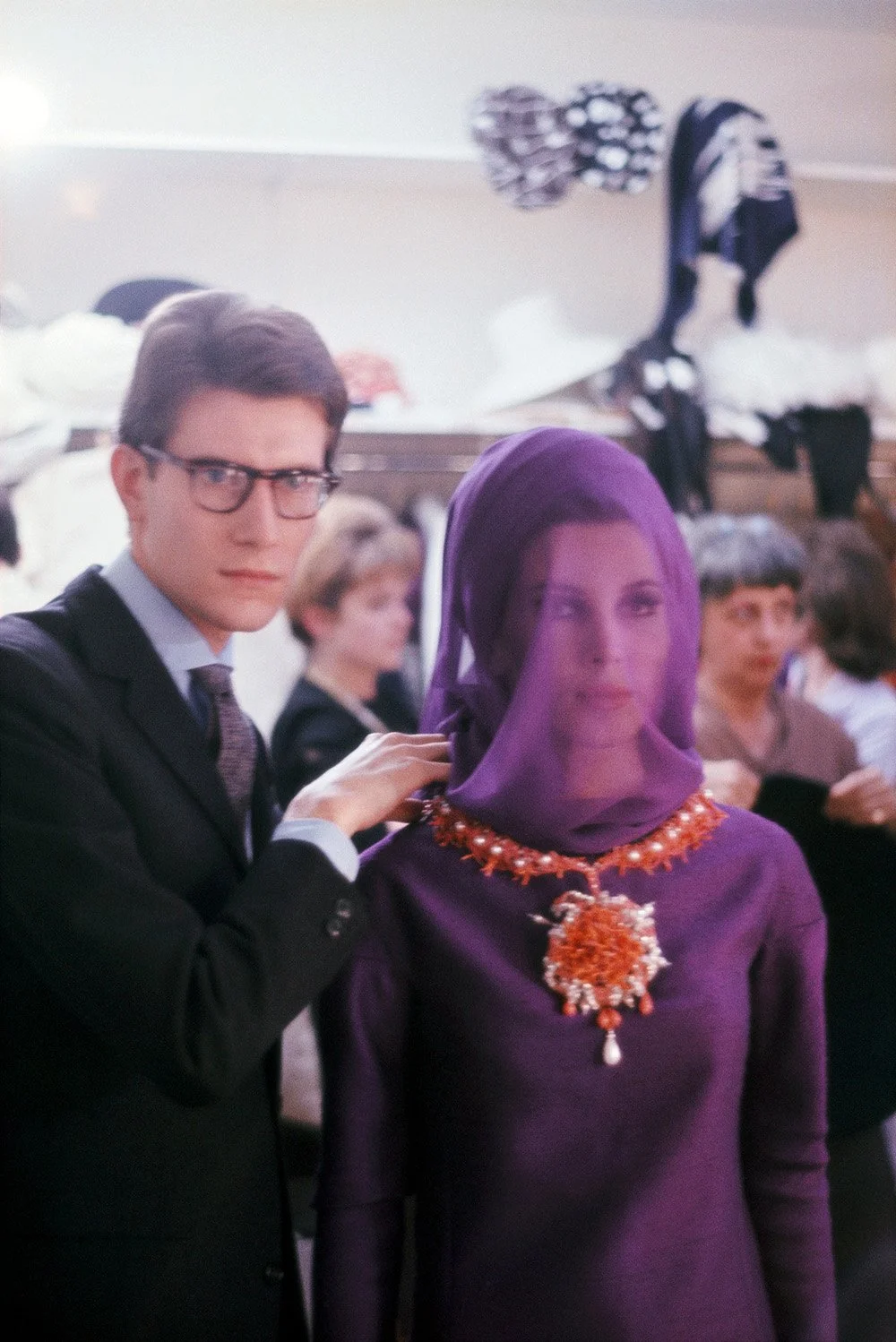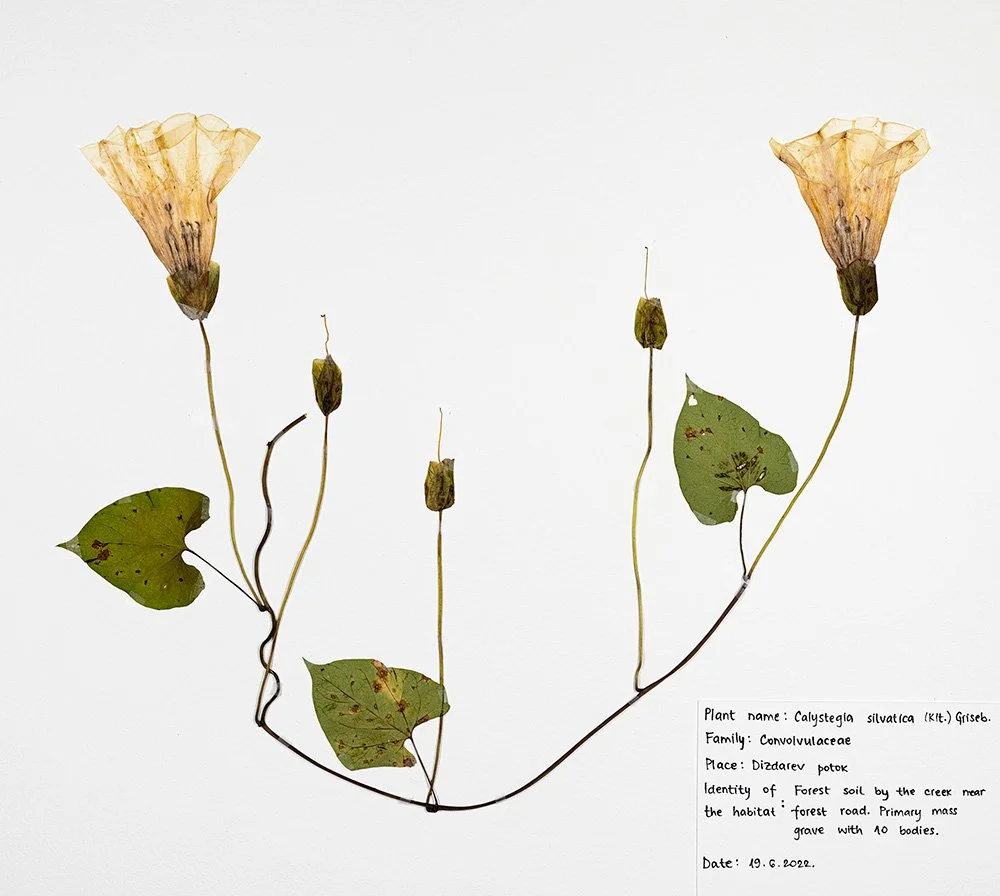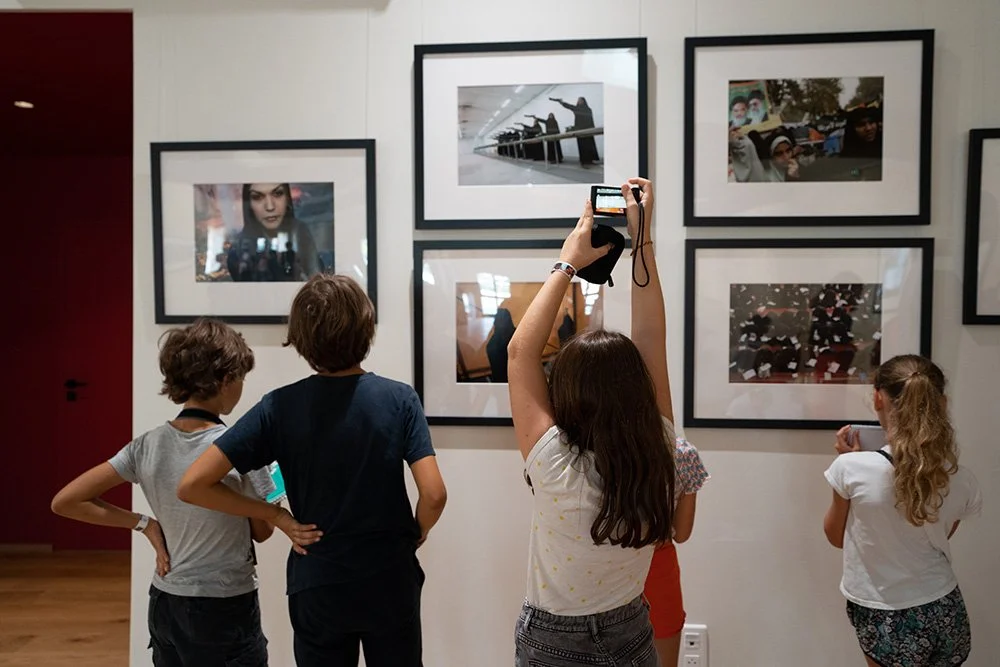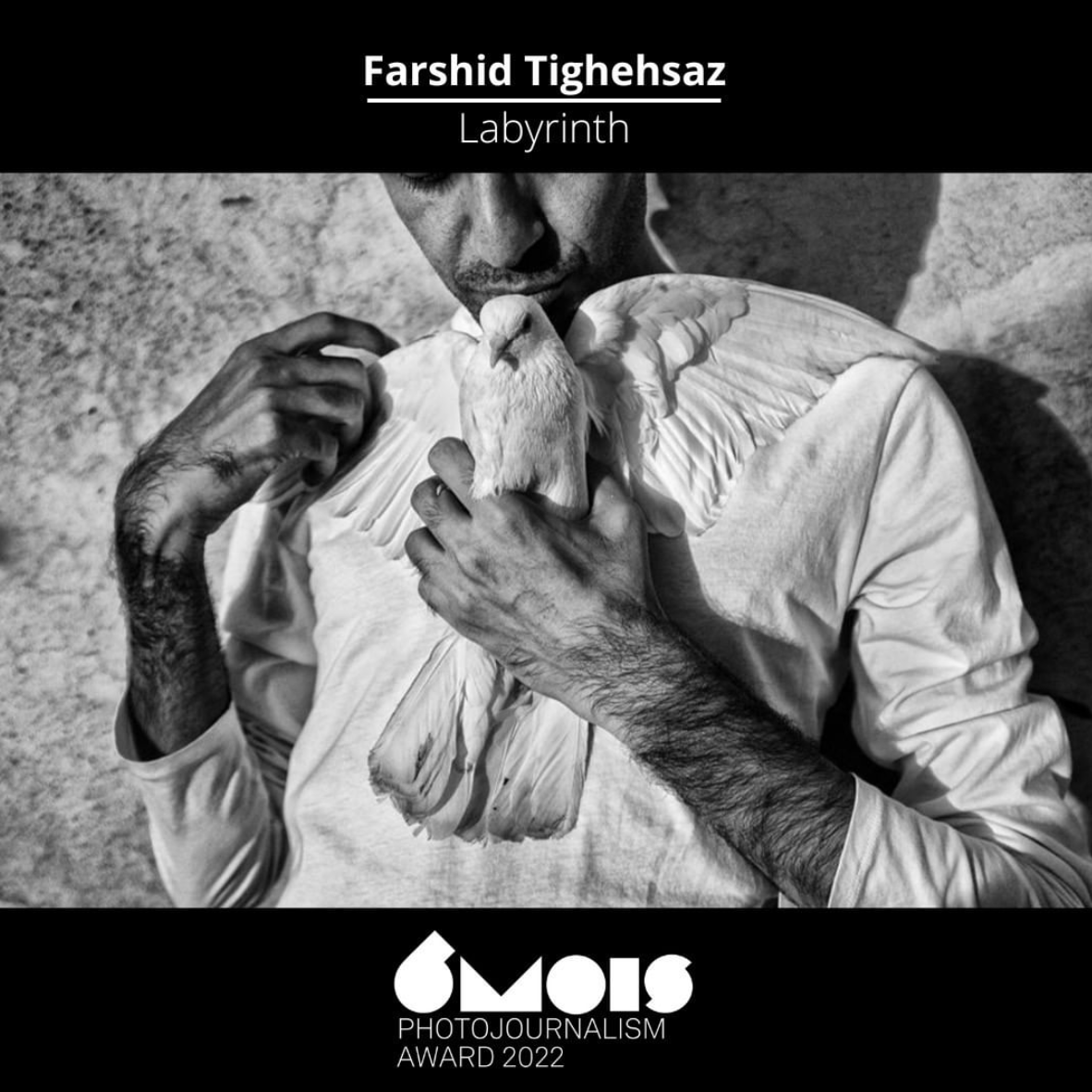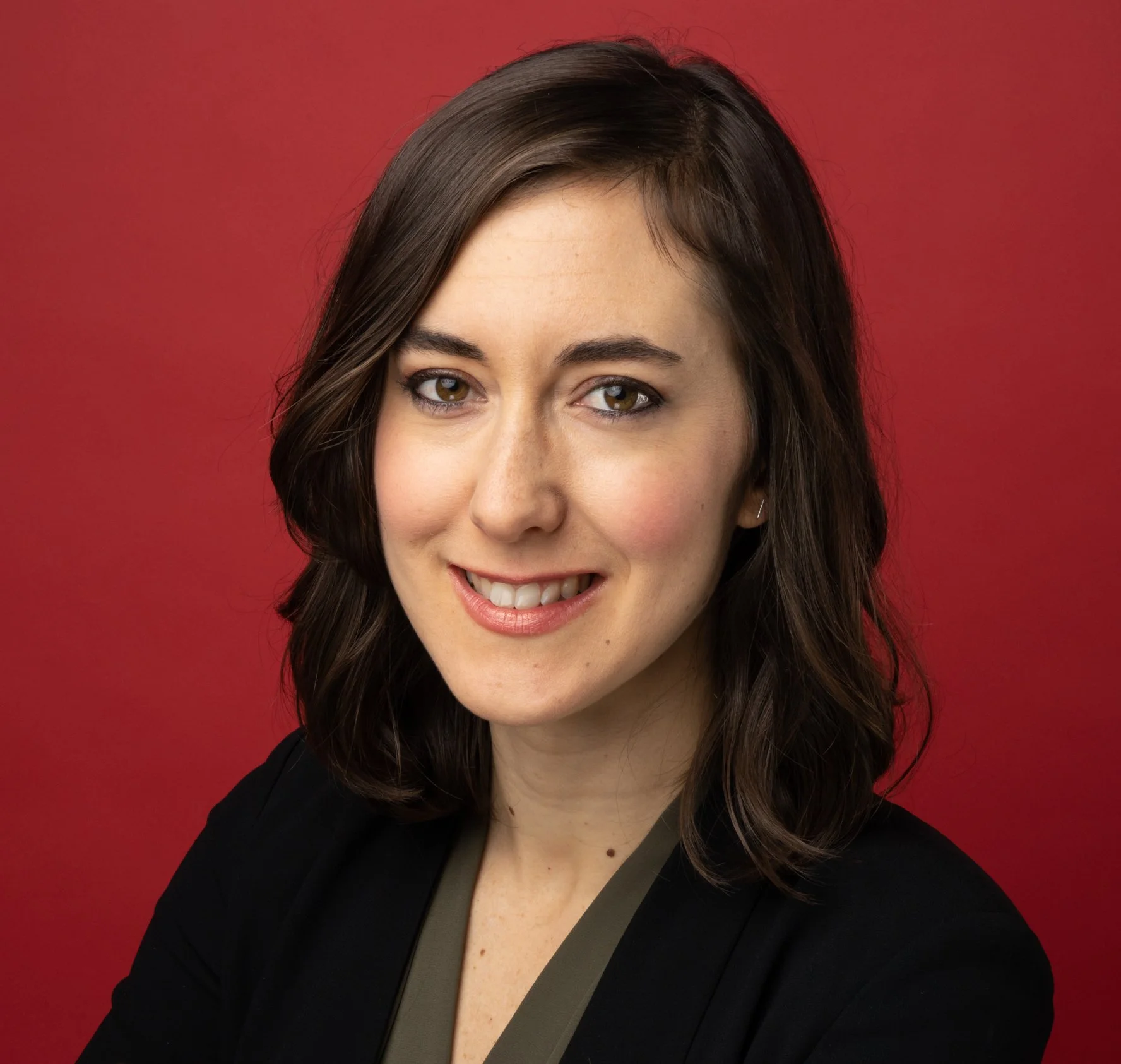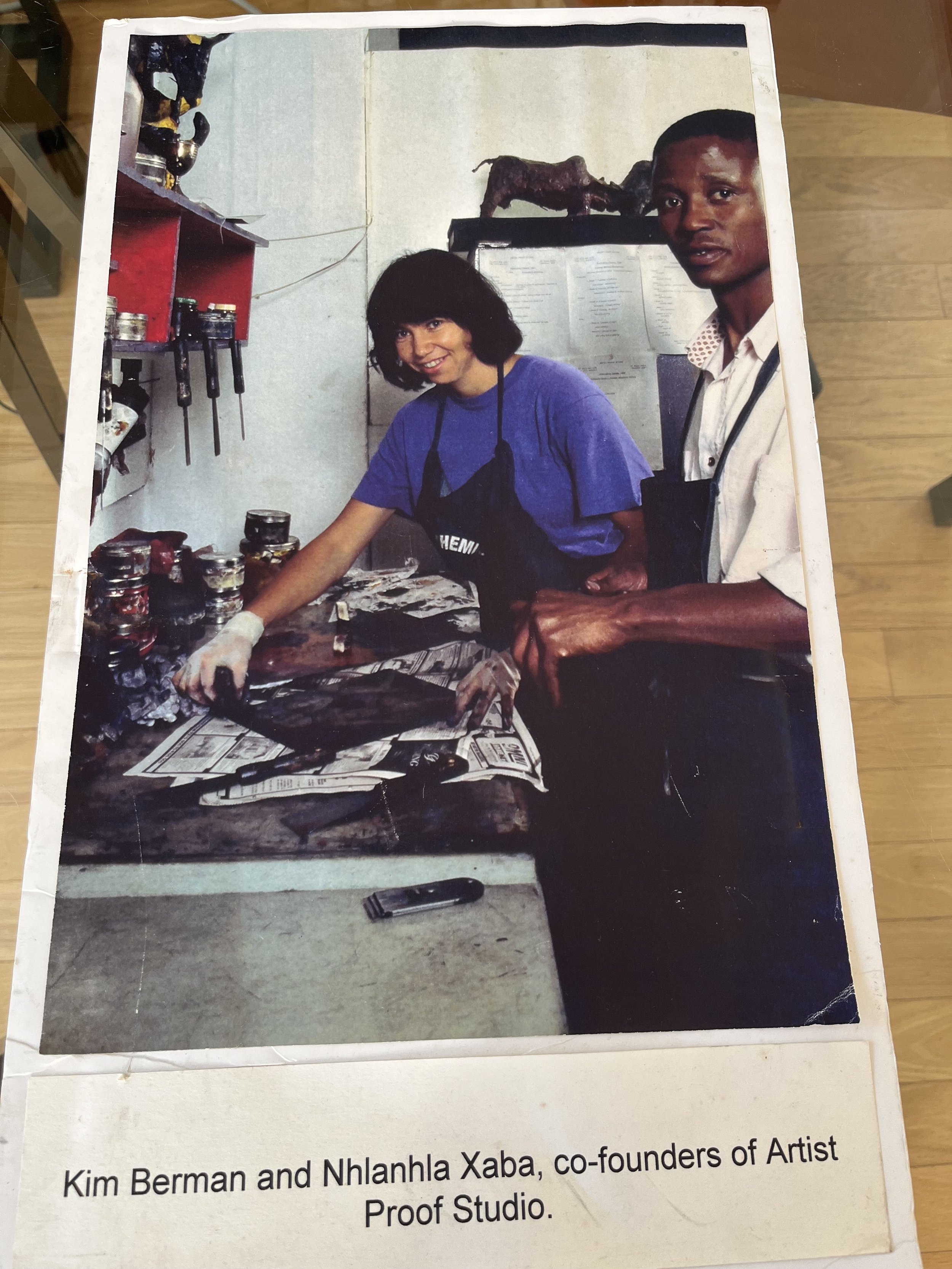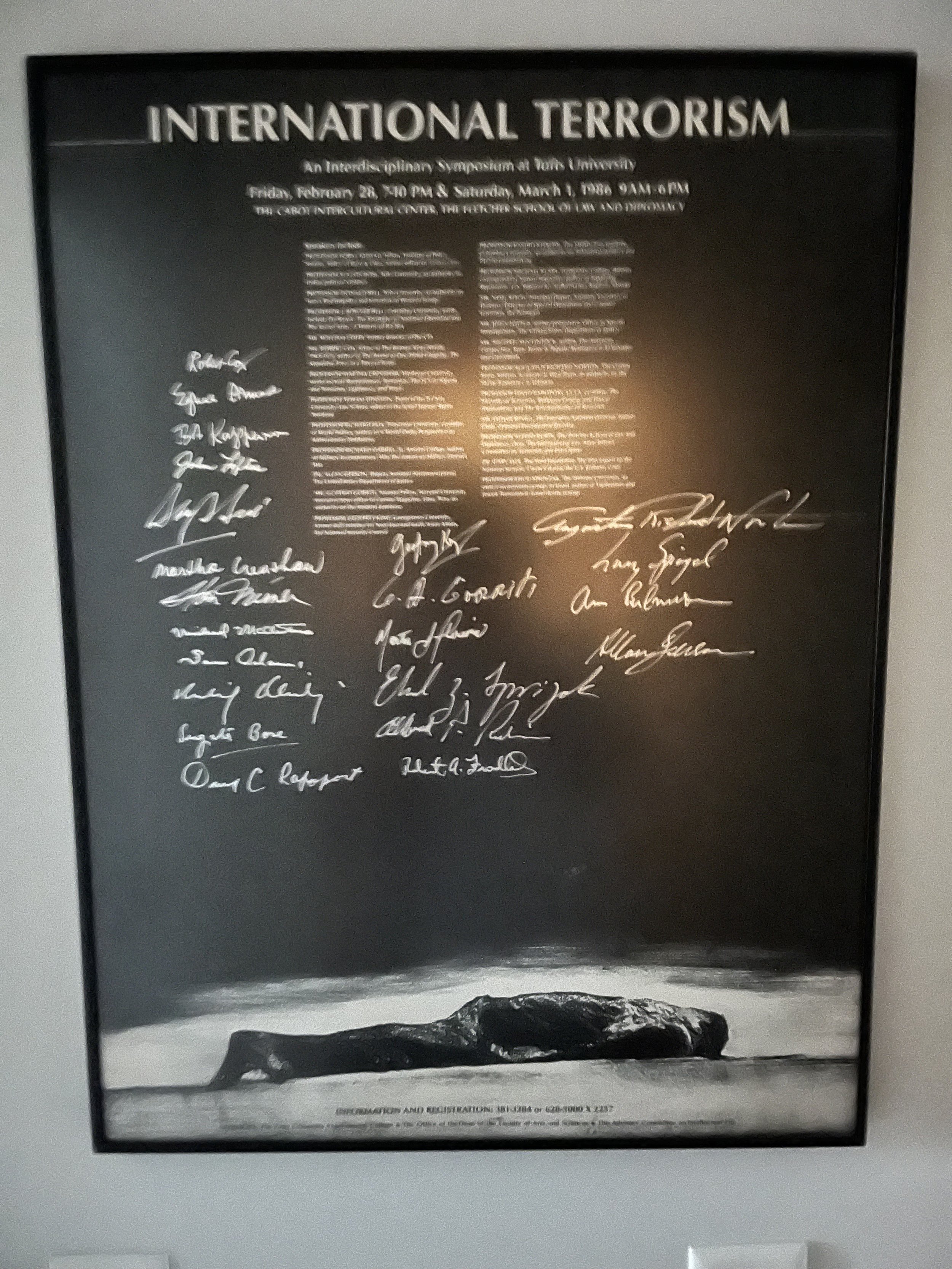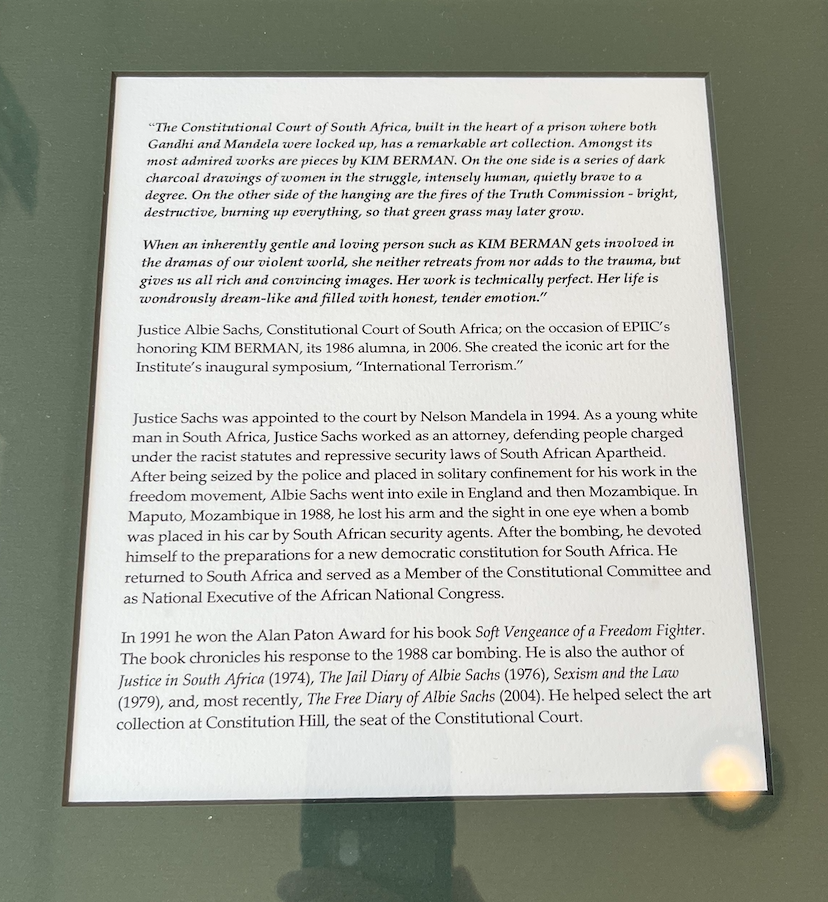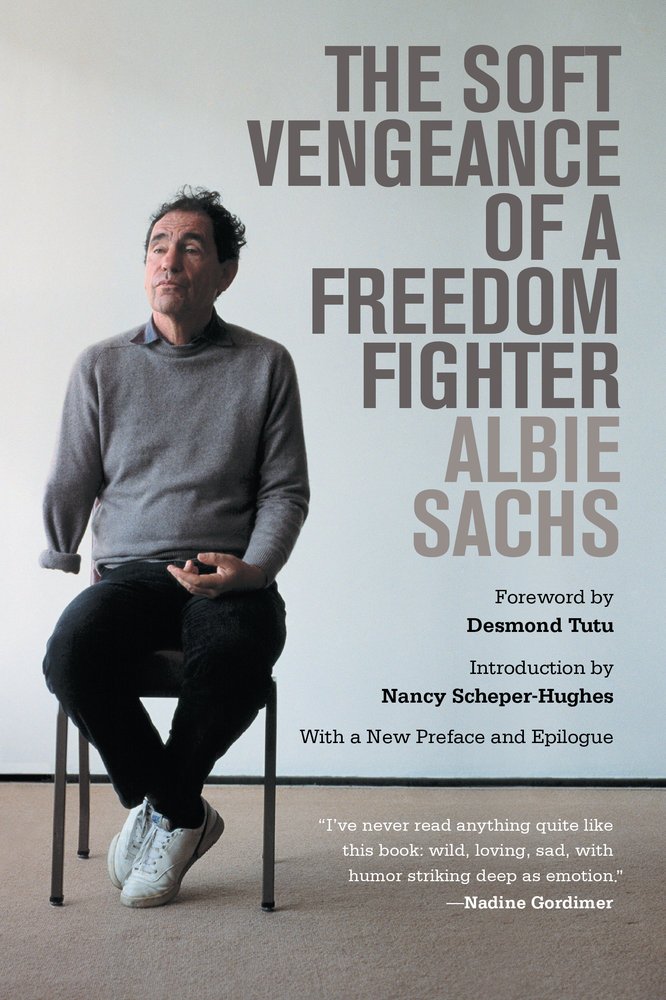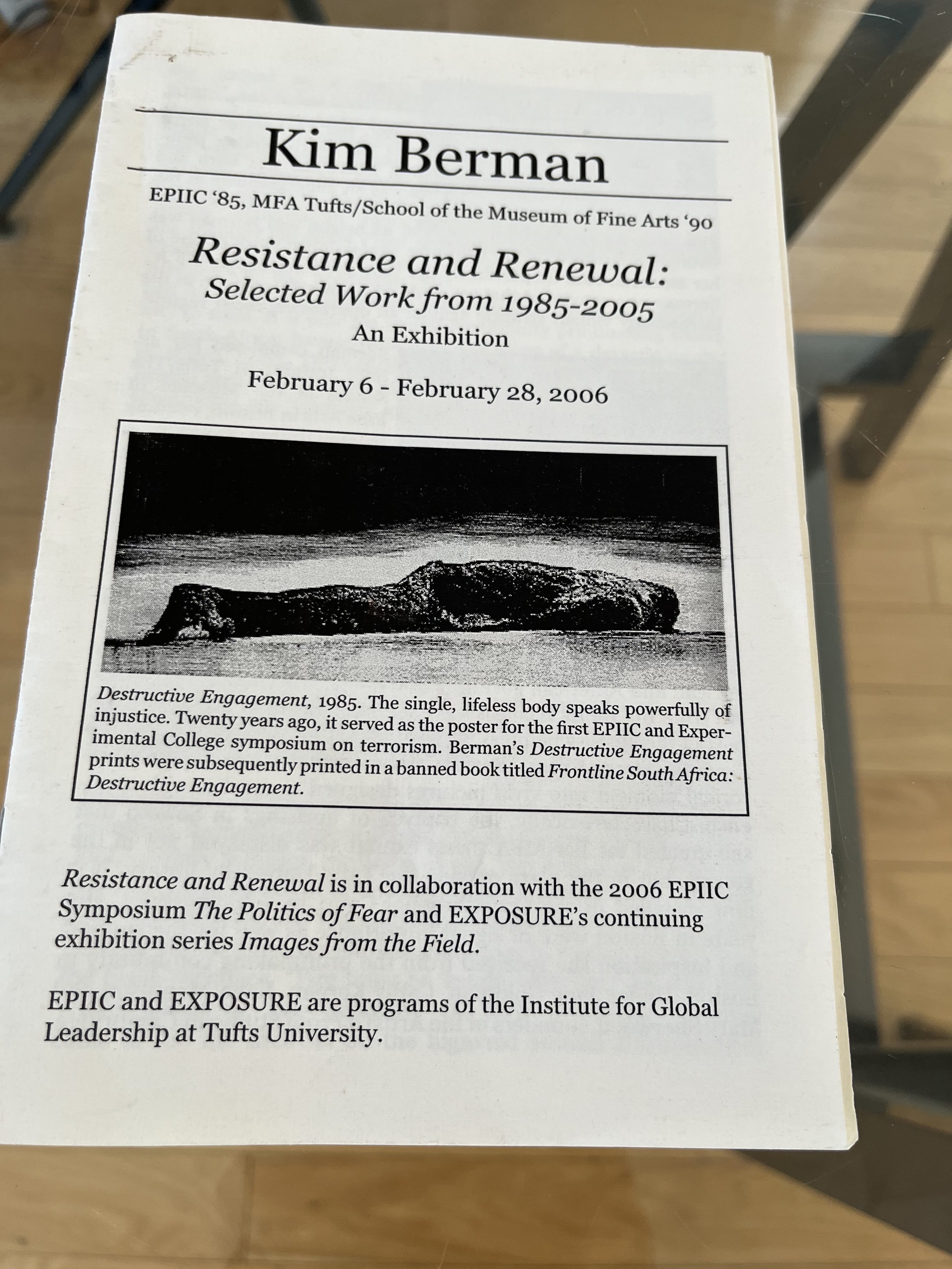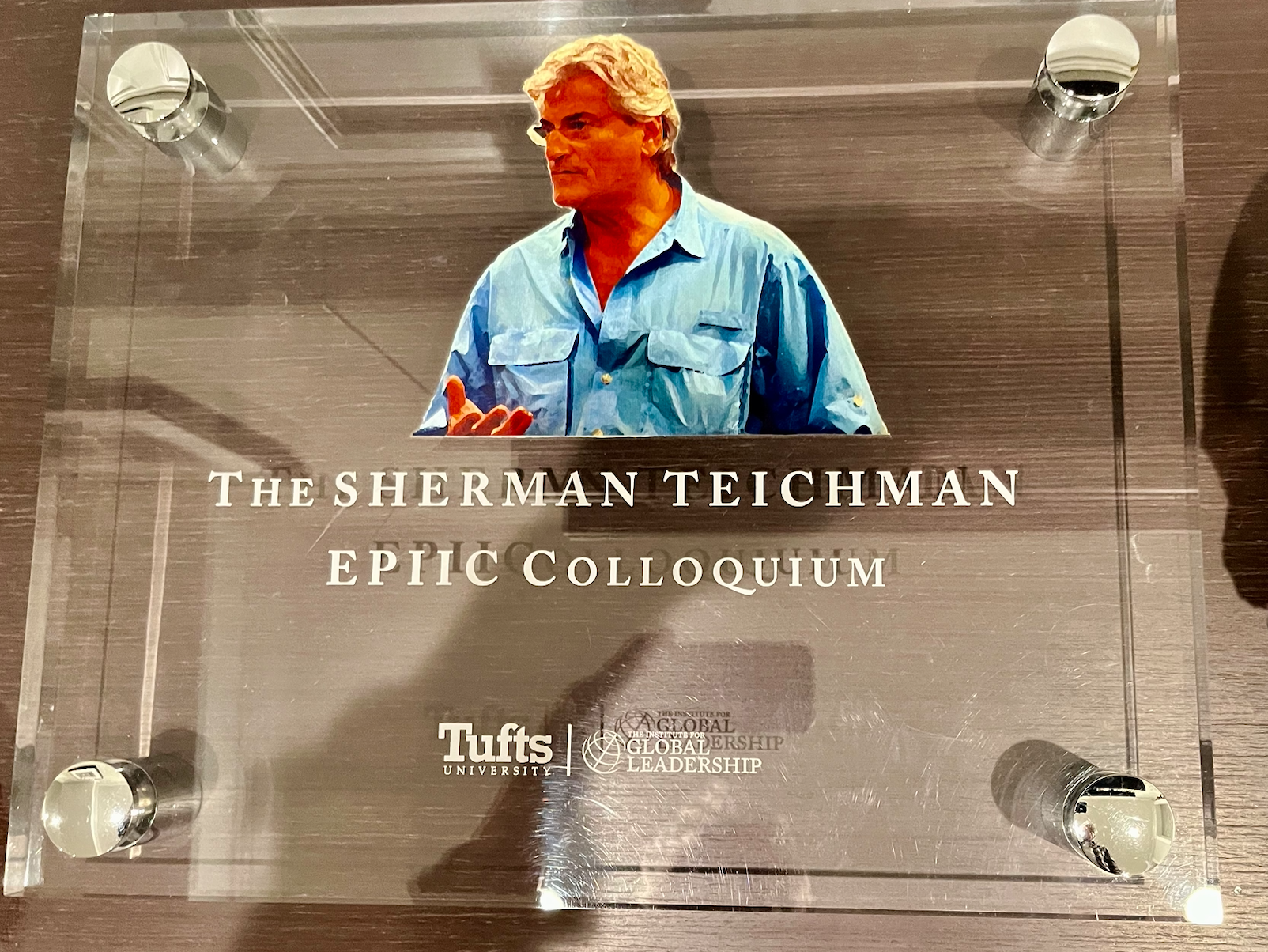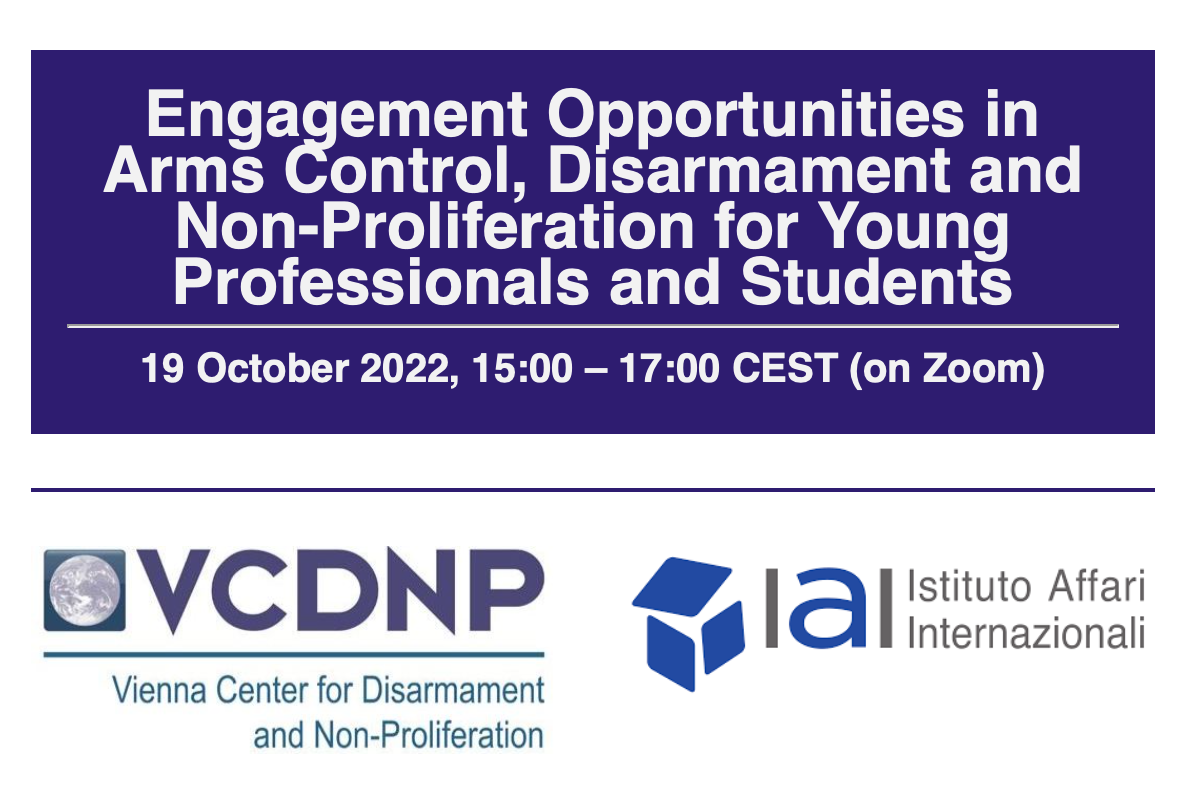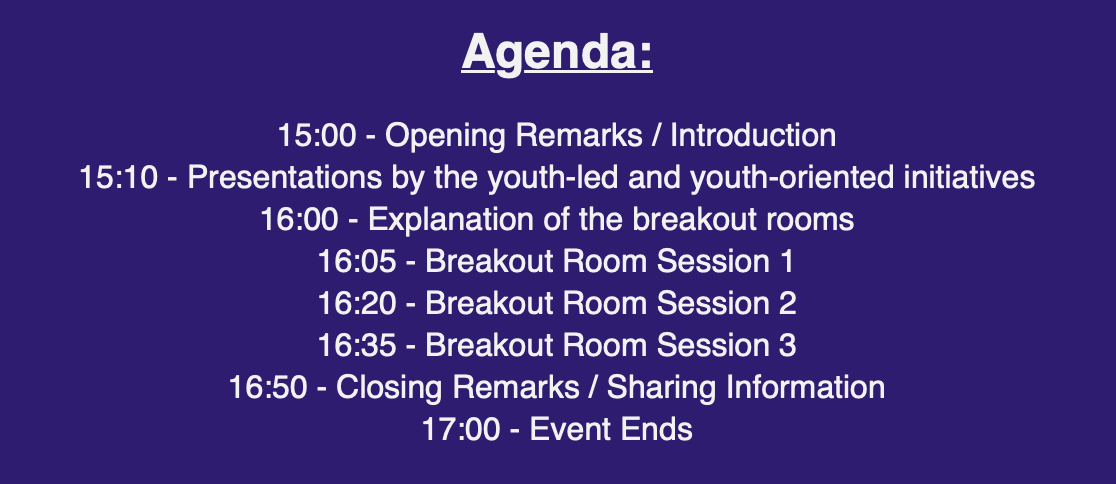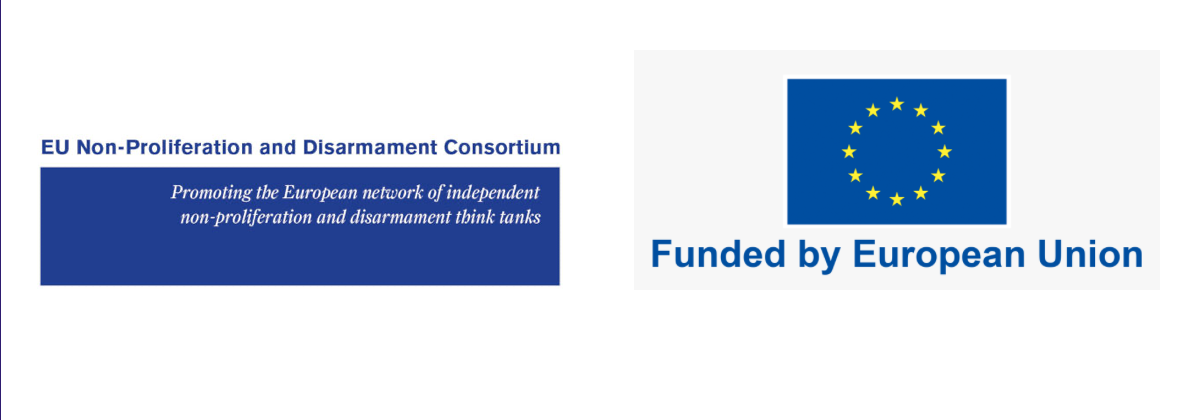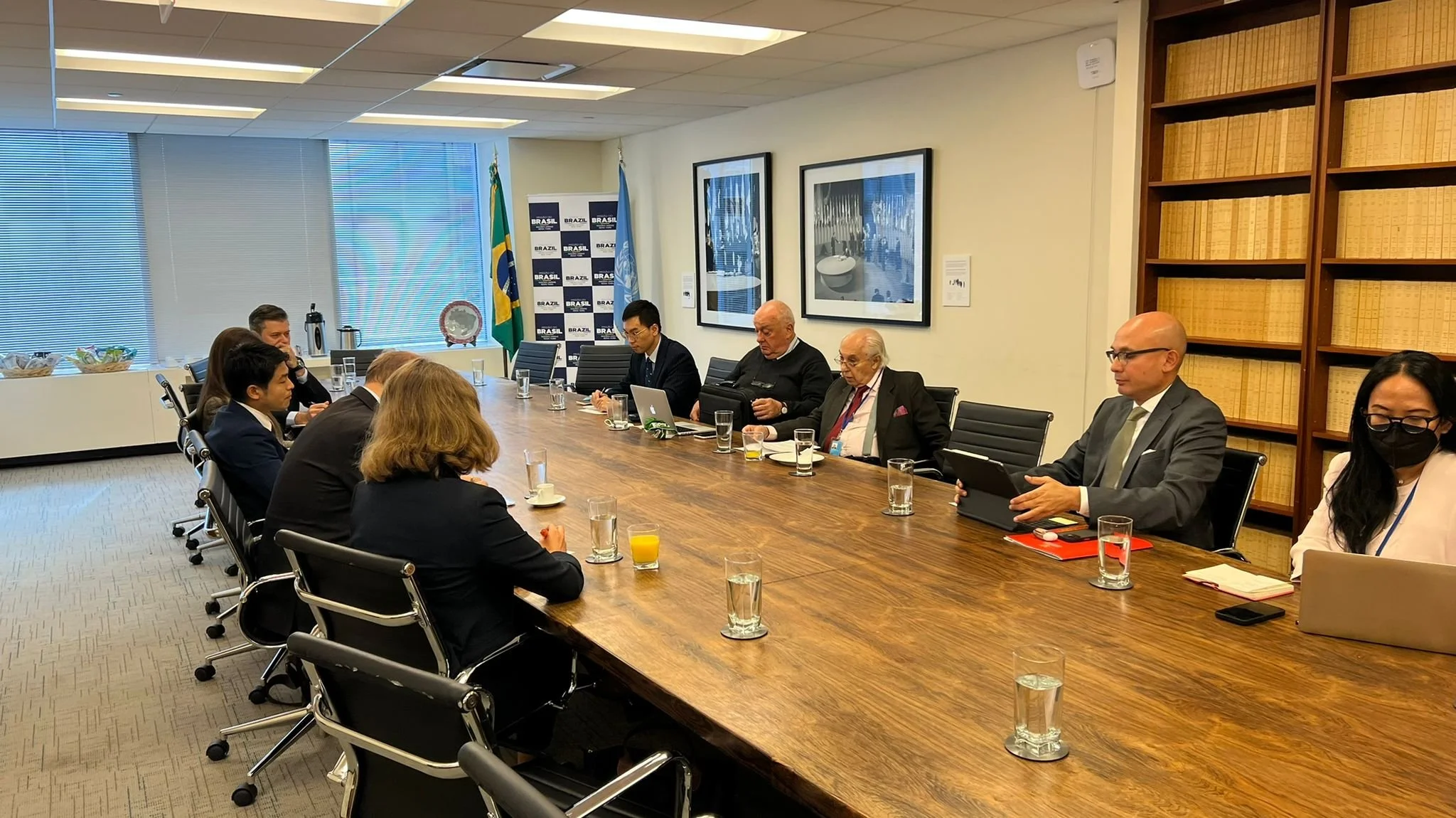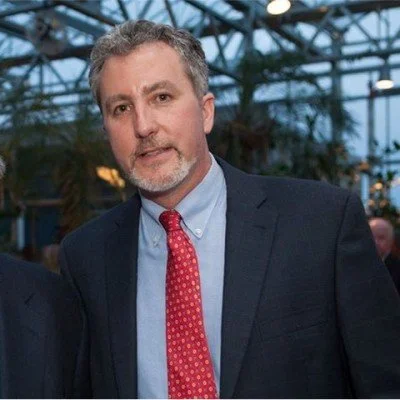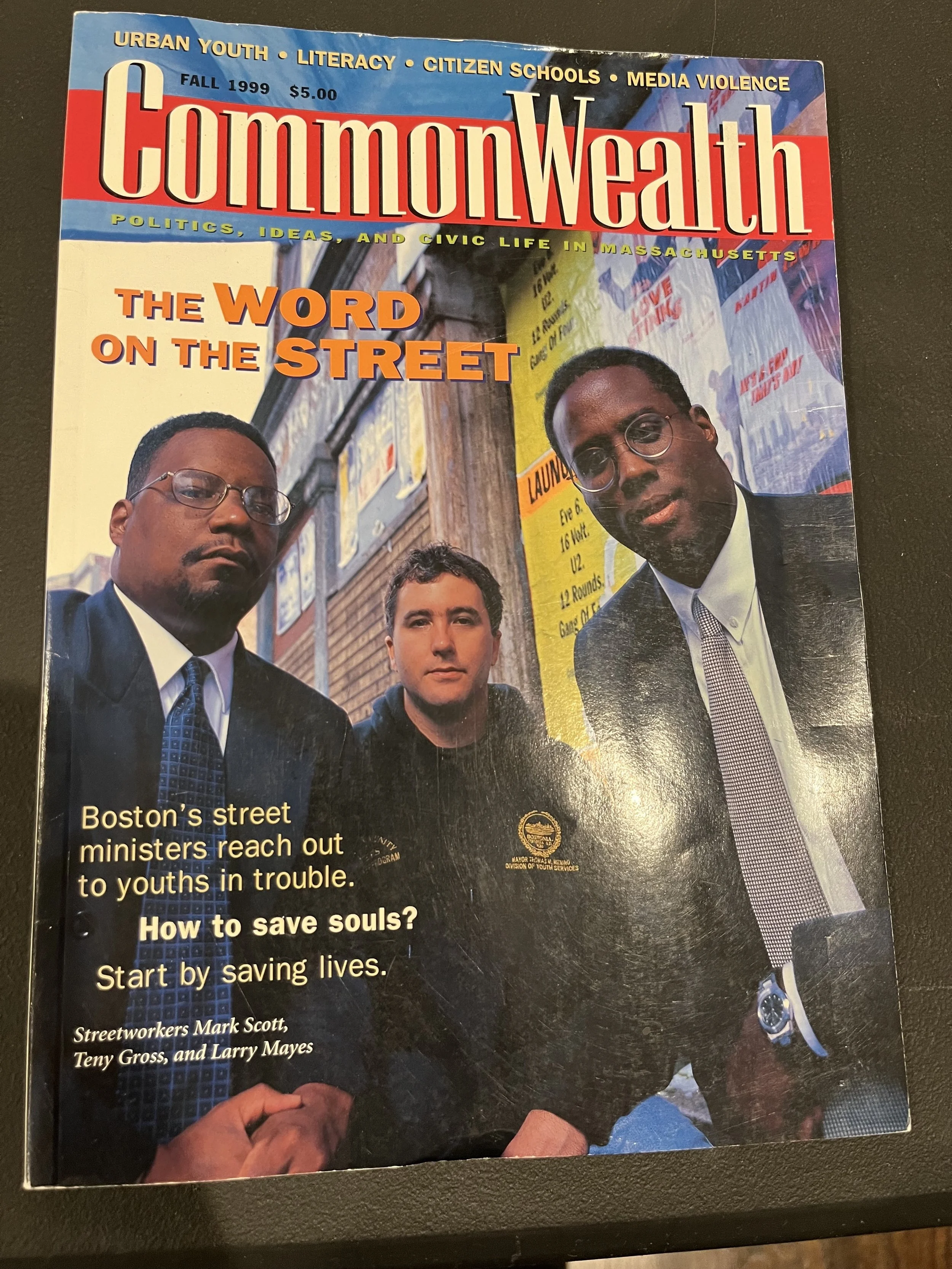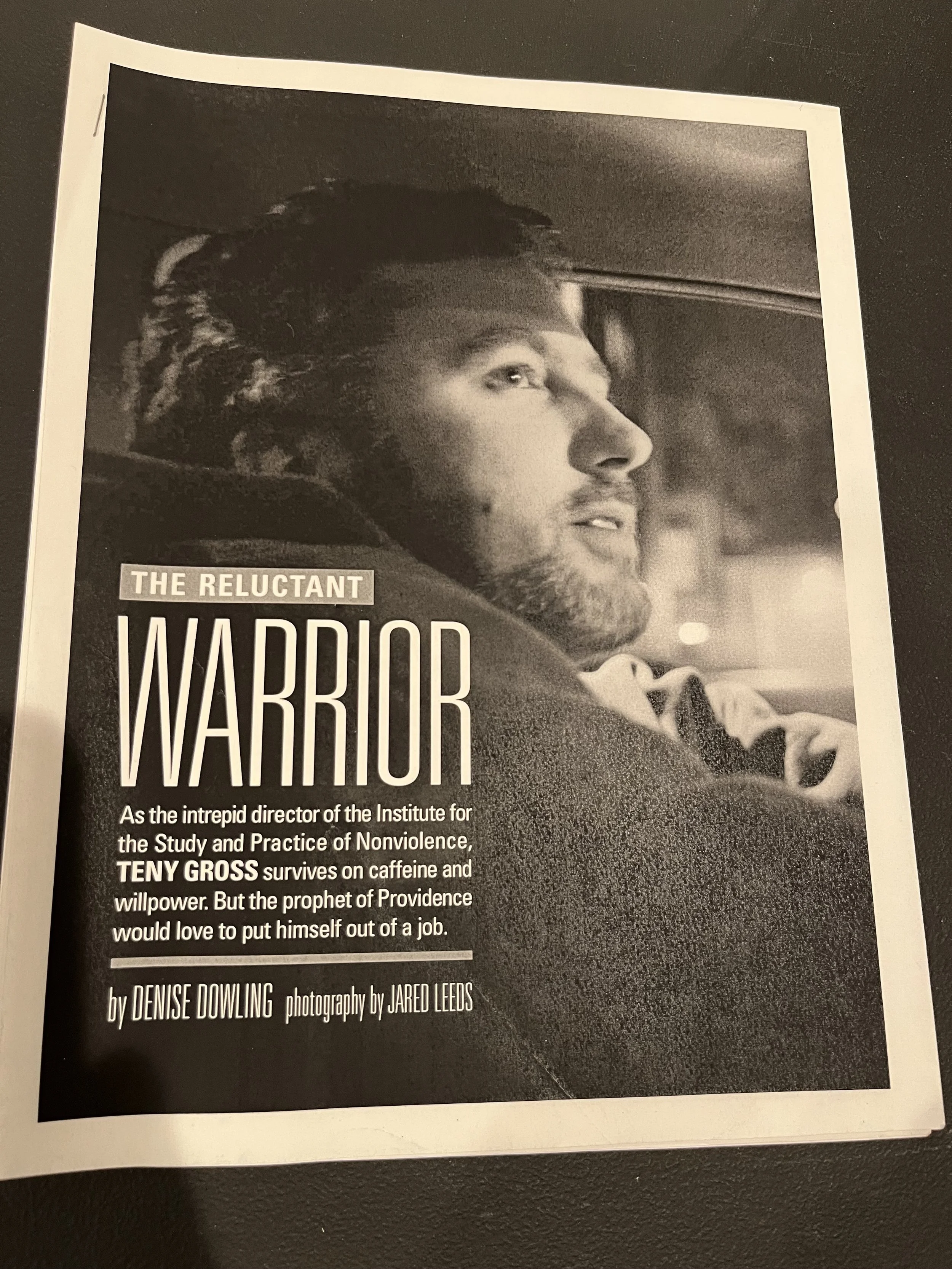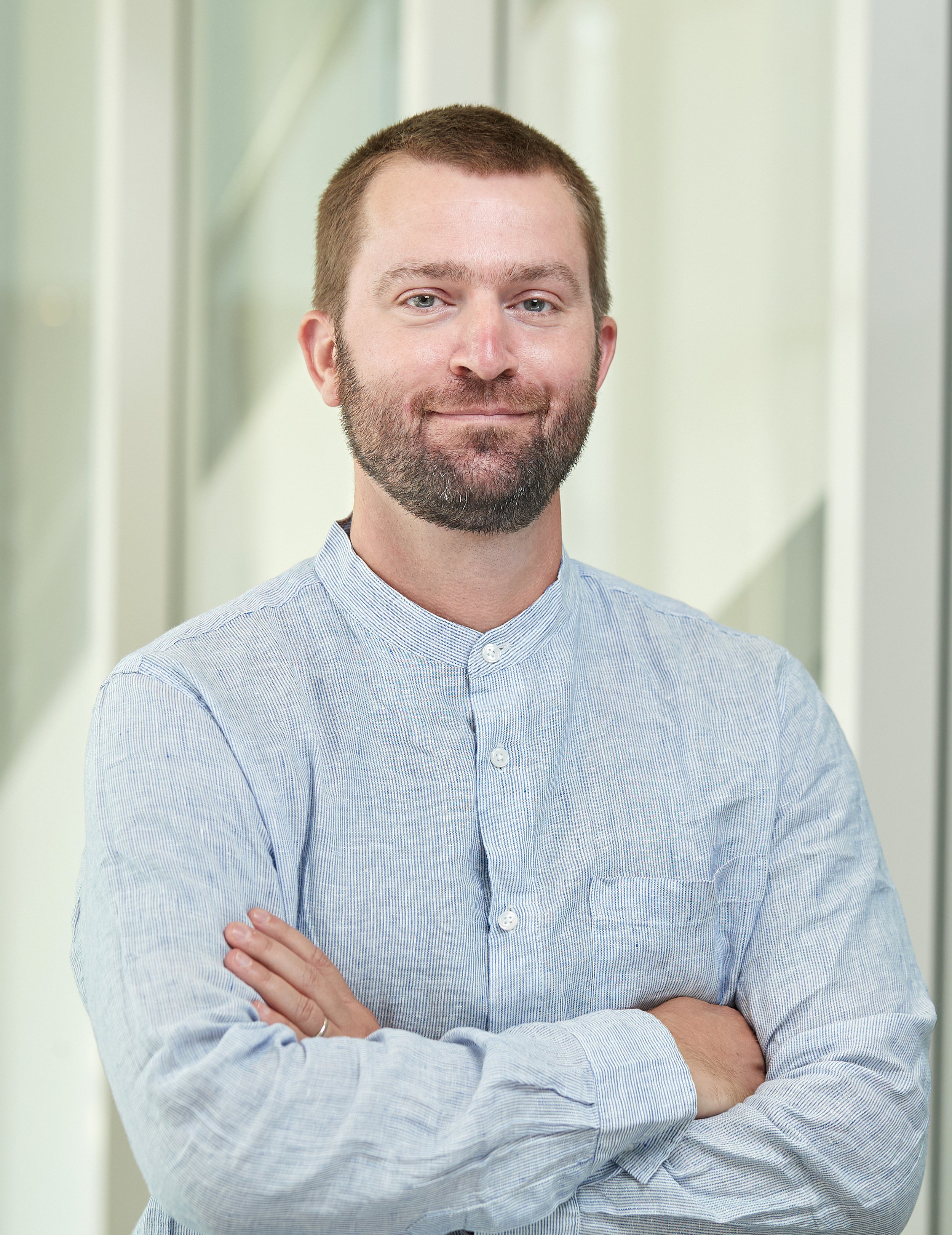Cem Yilmaz
Cem Yilmaz is the Director, Strategy for Samsung Electronics America. Previously he was the Associate Principal for Samsung's Global Strategy Group in Seoul, South Korea. Prior to that he was a Senior Consultant at Booz & Company. He graduated the Columbia Business School with an MBA, and previously received a BA in economics from Koç University in Istanbul, Turkey, his home country. His expertise is in consumer technology and international business. While his core professional interest is in tech empowerment, he is fascinated by urban architecture, contemporary art and the history of commerce. He is an avid traveler and photographer and published this book, with images from 30 countries from my 10 years of travel.
I had the wonderful pleasure of meeting Cem, who was part of my son, Nathaniel's academic cluster at Columbia. I have learned to appreciate his intellect, warmth, incisiveness, and wit, and yes, his passion and remarkable skill at strategic board games, which he and my son and daughter-in-law Kelly insist sharpens their management and diplomatic skills. I have also witnessed his dancing prowess at my son's wedding where he was an honored groomsman.
Cem is an invaluable and wonderful intellectual companion. At the time I insert this description he and I are preparing for a Thanksgiving conversation on Originalism’s Charade on the Constitution and the Supreme Court. He defines for me the word cosmopolitan and is acutely aware of both the world’s goodness and cruelty. Our interactions are very varied and he recently has connected me with significant Ukrainian contacts.
We are both book omnivores and he has tasked me with helping him build his library. We are in a friendly competition to see what and who reads the most annually. At the time of this entry his most recent books include: The Science of Can and Can't by Chiara Market to and Fabric of Reality by David Deutsch.
I yield! Mine are: Spineless: The Science of Jellyfish and The Art of Growing a Backbone by Juli Berwald, This Is How They Tell You The World Ends: The Cyber-Weapons Arms Race by Nicole Perlroth, and The Sympathizer by Viet Thanh Nguyen.
Cem sent me this wonderful commentary:
https://fs.blog/the-antilibrary/
The Antilibrary: Why Unread Books Are The Most Important - Farnam Street
How can we navigate the unknown — the vast chasm between what we know and what we don’t know, and come to grips with what is unknowable?
***
This week, I caught myself feeling guilty as I walked into my office and looked at the ever-growing number of unread books. My bookshelf, which seems to reproduce on its own, is a constant source of ribbing from my friends.
“You’ll never read all of those,” they say. And they’re right. I won’t. That’s not really the point.
It is our knowledge — the things we are sure of — that makes the world go wrong and keeps us from seeing and learning.
— Lincoln Steffens
Some questions are only asked by people with a fundamental misunderstanding. The friends who walk into my office and ask, “have you read all of these” miss the point of books.
In his book, The Black Swan, Nassim Taleb describes our relationship between books and knowledge using the legendary Italian writer Umberto Eco (1932-2016).
The writer Umberto Eco belongs to that small class of scholars who are encyclopedic, insightful, and nondull. He is the owner of a large personal library (containing thirty thousand books), and separates visitors into two categories: those who react with “Wow! Signore professore dottore Eco, what a library you have. How many of these books have you read?” and the others—a very small minority—who get the point is that a private library is not an ego-boosting appendages but a research tool. The library should contain as much of what you do not know as your financial means … allow you to put there. You will accumulate more knowledge and more books as you grow older, and the growing number of unread books on the shelves will look at you menacingly. Indeed, the more you know, the larger the rows of unread books. Let us call this collection of unread books an antilibrary.
Taleb adds:
We tend to treat our knowledge as personal property to be protected and defended. It is an ornament that allows us to rise in the pecking order. So this tendency to offend Eco’s library sensibility by focusing on the known is a human bias that extends to our mental operations. People don’t walk around with anti-résumés telling you what they have not studied or experienced (it’s the job of their competitors to do that), but it would be nice if they did. Just as we need to stand library logic on its head, we will work on standing knowledge itself on its head.
A good library is filled with mostly unread books. That’s the point. Our relationship with the unknown causes the very problem Taleb is famous for contextualizing: the black swan. Because we underestimate the value of what we don’t know and overvalue what we do know, we fundamentally misunderstand the likelihood of surprises.
The antidote to this overconfidence boils down to our relationship with knowledge. The anti-scholar, as Taleb refers to it, is “someone who focuses on the unread books, and makes an attempt not to treat his knowledge as a treasure, or even a possession, or even a self-esteem enhancement device — a skeptical empiricist.”
My library serves as a visual reminder of what I don’t know.
Michael Maso
Michael Maso has served as the managing director of Boston’s Huntington Theatre Company since 1982. He has produced more than 200 plays in partnership with four artistic directors and is one of the most well-regarded managing directors in the theatre industry. Under his tenure, the Huntington has received over 160 Elliot Norton and IRNE awards, as well as the 2013 Tony Award for Outstanding Regional Theatre. Mr. Maso received the 2016 Massachusetts Nonprofit Network’s Lifetime Achievement Award, as well as TCG’s 2012 Theatre Practitioner Award, the Huntington’s 2012 Wimberly Award, StageSource’s 2010 Theatre Hero Award, the 2005 Commonwealth Award (the state’s highest arts honor), and the 2000 Norton Prize for Sustained Excellence. In 2004 the Boston Herald honored him as Theatre Man of the Year. Mr. Maso led the Huntington’s 10-year drive to build the Stanford Calderwood Pavilion at the Boston Center for the Arts, which opened in September 2004, and most recently led the redevelopment and renovation of the Huntington Avenue Theatre, which reopened in October, 2022. He previously served on the Boston Cultural Planning Steering Committee, and as a member of the board for ArtsBoston, Theatre Communications Group (TCG), and StageSource. From 1997 to 2005 Mr. Maso served as the president of the League of Resident Theatres (LORT). In 2005, he was named as one of a dozen members of the inaugural class of the Barr Fellows Program. Prior to the Huntington, he served as the managing director of Alabama Shakespeare Festival, general manager of New York’s Roundabout Theatre Company, business manager for PAF Playhouse on Long Island, and as an independent arts management consultant based in Taos, New Mexico.
Michael, while being an extraordinarily accomplished professional, is modest to a fault. He has a wonderful, quirky, and fun side to him. We are comrades in slipping off to see movies that our spouses would cringe at going to (i.e. the Marvel Universe films). And, apparently, he cried at Top Gun: Maverick. We are traveling buddies; recently to pre-COVID Cuba, and soon, Israel/Palestine. In retrospect, it appears we are attracted to dictatorial and seriously flawed democratic countries.
Wonderfully guileless, this is as genuine and sincere a friend as one could have. And thoroughly erudite, I have met my match in terms of somebody who loves to read and devour books. He joyously introduced me to the cartoon, Mr. Peabody & Sherman, and is appropriate, I am hardly the genius, and had I known, I might have named our pup Remi Mr. Peabody. We live five minutes from one another in both Brookline and Truro. Michael has promised to play pool with me - if the advocacy of his wonderful, ebullient wife Lisa prevails on my wife Iris - and I will finally get one in our home. How wonderful it will be to celebrate my 80th birthday in the Maso Studio at the Huntington Theater that he has magnificently led the campaign to renovate.
Kristina Hare Lyons
Kristina Hare Lyons, MPH, MALD,
Kristina is a humanitarian, filmmaker, consultant, entrepreneur, writer and mother with a particular interest in impact media and global public health. She currently sits on the governing boards of 3 public health-oriented non-profits: The Population Media Center, The Population Institute and Rehearsal for Life. She started her own business in 2007, Portobello Road, a retail concept that emphasized local, ethical and sustainable products. Previously, she worked at Physicians for Human Rights on a landmark study on war-related sexual violence in Sierra Leone and to eliminate conflict diamonds from the marketplace through the Kimberley Process, at Elle Magazine as West Coast Editor, as an Associate Producer at Frontline, and with filmmaker Oliver Stone on numerous projects. More recently, she consulted with the Ministry of Health in Liberia through the Harvard Ministerial Leadership program on efforts to address tragically high rates of maternal mortality and is developing content at her film company, Lyonshare Pictures. Kristina holds a Masters in Public Health and Population from Harvard, a Masters in Law and Diplomacy from the Fletcher School, and a BA from Tufts. Her passions include travel, tennis, nature, reading, social justice, photography, art and design.
Kristina, a friend for decades, ranks in the top tier of my delightful alumni. She was my student as a senior at Tufts in 1986/87. In my EPIIC colloquium/symposium: The West Bank and Gaza. I almost lost her then. She came to my office to drop the colloquium, seemingly frustrated at her lack of precursor knowledge compared to her fellow students, some of whom were from the region or religiously and culturally related to the region. I knew she was fascinated by and cared about the topic and I refused to let her leave. Instead, I think she will well remember a several-hour private tutorial where I obliged her to sit and take notes as I covered a huge series of blackboards surrounding the second-floor classroom of Miner Hall. Luckily for me, I convinced her to remain and she thoroughly captured the subject and subsequently visited the region.
At the symposium, Kristina helped introduce Palestinian resistance activist and University President, Gabi Barambki, and the Palestinian student who he brought from Beirzeit. Most noteworthy, she helped convene the private Friday evening session of the symposium, when my students met with the remarkable women they had attracted to the forum: Palestinian lawyer Mona Rashmawi, now Chief of the Rule of Law, Equality, and Non-Discrimination Branch Office of the High Commissioner for Human Rights, Naomi Chazan, Knesset member and Professor Emeritus at the Hebrew University of Jerusalem, and Professor Galia Golan, now a leading figure for Combatants for Peace (on whose academic advisory board I serve). The students wondered what they, as young women themselves and these prominent women, could create to protest the occupation and enhance the possibilities of peace. It incubated what a year later, in the context of the first Intifada became Israel's Women in Black. Now part of a global movement.
Impressed by Kristina's determination and intelligence, I introduced her to my friend Susannah Sirkin, now a Director Emeritus of Physicians for Human Rights who supervised her research and interviewing PHR work in Sierra Leone and Kristina's subsequent contributions to a PHR Report "War-related Sexual Violence in Sierra Leone". Over the years, she participated in a variety of Institute activities, including creating a long mural, documenting the Institute's first ten years of activities, participating in EPIIC Outward Bound weekends. In 1995, having been a Representative to the U.N. Conference on Population and Development in Cairo and leading the Women’s Forum at Fletcher, including the creation of a conference on FGM, she co-led a workshop, "Beyond Beijing: The Global Empowerment of Women" as part of the Institute's 10th anniversary symposium, "2020 Visions of the Future."
We have sustained a warm friendship. I had the privilege recently of recommending her to Harvard University's Public Health and Population Master's program. Most recently, Kristina and her husband Patrick helped convene a fundraiser at Patrick's restaurant in the Charles Hotel, Bar Enza, for a fellow EPIIC alum, Patrick Schmidt, running for the 2022 House of Representatives from Kansas.
Khuyen Bui
Khuyen (Kasper) is the author of the book “Not Being - the Art of Self-Transformation”, published Jan 2022. It is about the human’s journey from being an atomized, isolated, separate self to a wider, bolder, more intimately connected way of being in the world.
He is currently pursuing his PhD in Management at Bayes Business School in London. He researches and works with 1) founders who care about developing themselves and their teams and wholesome human beings, 2) social impact leaders in transition phase and 3) community builders who are bringing together the many worlds they are in.
Graduated cum laude from Tufts University studying Computer Science and Philosophy, he thrives in bringing analytical rigor into his fascination with human messiness.
After Tufts, he lived in Vietnam, building communities of change-agents,
organizing festivals, teaching Movement Improvisation as a way to bring people more aligned with themselves, going beyond the rational intellect, into the passion of the heart and the aliveness of the body.
Khuyen enjoys writing & storytelling and has won several awards, notably Peter Drucker Challenge and The Moth Boston.
Khuyen was a Synaptic Scholar since 2013. He secretly wishes to have Sherman as his uncle.
His eyes lit up upon beautiful questions.
Here is one, embodying his lifelong pursuit:
“What is it like
to be together
and to work shoulder by shoulder
so that our fires
burn brighter,
our love
keeps on changing lives, shaping worlds,
and our self
becomes quieter inside?“
Find him at khuyenbui.com
I met Khuyen in his freshman year in 2016. He was one of the most introspective, inquisitive and searching of my former students.
He was chosen as a 2017 Synaptic Scholar in 2016.
Here he describes the Scholars program, that I initiated in 2009 as "such a sexy name for the action-oriented nerds like him!"
Despite my leaving Tufts, we kept in contact, and I always enjoyed his restless spirit and eclecticism
He will make an exceptional giving mentor, something I witnessed when he was such for the Compass Fellowship (see page 95), a group aimed at helping freshmen get more exposure to social entrepreneurship begun by my Institute’s Empower students.
Alison Sanders
Alison Sander serves as the Director of BCG’s Center for Sensing and Mining the Future (CSMF) and brings more than 25 years’ experience working with senior teams on complex challenges. The Center develops BCG’s global Megatrend databases and provides guidance to companies and organizations seeking to better understand trends that will shape their future.
Alison has designed significant growth strategies for clients across many sectors and has used Megatrends to help clients form powerful visions and to find the next areas of growth. The Center tracks more than 100 trends that cut across the latest technological developments, demographic shifts, industrial shifts, economic requirements, environmental shifts, and consumer shifts, among others. BCG's Megatrend knowledge has been used by more than 1,500 organizations.
Alison has an MBA from Harvard Business School, a JD from Harvard Law School, and a BA in political science with honors from the University of Chicago. Prior to BCG Alison gained experience at Cambridge Transnational Associates (Founder & CEO), and Goldman Sachs. Alison served for 11 years on the Board of the World Resources Institute (www.wri.org) among other organizations.
Announcing the 2022 Winners of the Tällberg-SNF-Eliasson Global Leadership Prizes
YEVGENIA ALBATS, GLADYS KALEMA-ZIKUSOKA AND SAM MULLER
AWARDED TÄLLBERG-SNF-ELIASSON GLOBAL LEADERSHIP PRIZES
Stockholm and New York, November 9, 2022—Today the Tällberg Foundation announced the winners of this year’s Tällberg-SNF-Eliasson Global Leadership Prizes, awarded annually to well established leaders working in any field and any country whose leadership is courageous, innovative, rooted in universal values and global in application or in aspiration.
The 2022 laureates:
Yevgenia Albats, Russia, for her passionate commitment to reporting truth in the face of repression and corruption, and for forcefully asserting her—and every Russian’s—personal responsibility to work for a democratic future in their country.
Gladys Kalema-Zikusoka, Uganda, for her persistent, innovative leadership in developing new approaches to human/wildlife interaction at a time when the danger of zoonotic diseases is rising worldwide.
Sam Muller, Netherlands, for his innovative work in creating and implementing new, concrete concepts and ways of working for law practitioners that focus on solving people’s real needs and thereby reinforce their commitment to democracy.
“Converging crises are challenging all our societies. If we ever needed great leadership it is now,” said Alan Stoga, the Tällberg Foundation’s chairman. “What these three extraordinary individuals—working in dramatically different contexts on different kinds of problems—demonstrate is the power of courageous, creative, persistent leadership.”
The Prizes are made possible by the financial and moral support of the Stavros Niarchos Foundation (SNF). SNF Co-President Andreas Dracopoulos said, “What each of the most serious challenges humanity faces—such as climate change, the erosion of democracy, unmet mental health needs, the risk of future pandemics—requires is sound, selfless leadership. SNF is proud to support the Prizes in recognizing leaders whose practical optimism unlocks human potential to meet these critical challenges."
The Tällberg Foundation is deeply committed to the idea that great leadership comes in many different flavors. “What do a journalist, a veterinarian and a jurist have in common? Great leadership skills and the willingness to challenge the status quo with innovation and energy. The world needs as much of that as we can find,” concluded Stoga.
The winners receive a $50,000 cash award and the opportunity to participate in the Tällberg Foundation’s global leaders’ network. They will be honored in a virtual celebration on December 13. To register to participate, go to tallberg-snf-eliasson-prize.org.
The Tällberg Foundation separately recognizes and honors emerging leaders whose work has less track record and more potential. This year’s emerging leader laureates will be announced on November 16.
Prize winners are nominated through an online process open to anyone anywhere and are ultimately selected by a global jury. The Tällberg-SNF-Eliasson Global Leadership Prize was established in 2015 and has honored 27 global leaders.
8th Newsletter for Our 2022 Program
October 2022 Newsletter
The 50:50 Startups 2022 Cohort concludes the program!
Join us in congratulating all participants and expressing utmost gratitude to those who made their journey happen.
Demo Day 2022
On September 28th, we held the concluding event of the 50:50 Startups program - the 2022 Demo Day!
Seven ventures pitched their deck, and two got the prizes. My Family presented by Jafar Mahfouz won the first prize consisting of $10,000 pre-seed investment🏆! And Abe's events presented by Ibrahim Handal and Ibrahim Tomizeh won the second prize - pre-seed investment of $7000 🏆
A huge thank to the amazing, and highly experienced Judges who joined us:
Rosa Azhari - President, Azrieli College of Engineering Jerusalem.
Shirley Shahar - Co-Founder at DANA Accelerator.
Aiman Abu Ammar - Senior Lecturer at Azrieli College of Engineering.
Haytam Kasem - Researcher at Technion - Israel Institute of Technology.
Many thanks to Azrieli College of Engineering Jerusalem and AtoBe Startup Accelerator for their incredible hospitality. And lots of gratitude to Michal Zur and Miriam Malis for supporting us throughout this journey.
We are thrilled to share that Northeastern University will be giving a substantial scholarship, and bringing one of the 50:50 alumni to join their MBA program, after they got inspired by the 50:50 participants this year.
''I have followed your 50:50 program and could not be more impressed. What a thrill that the students were finally able to come to Northeastern" - Associate Director of Admissions at Northeastern University
To learn more about their journey in Boston? Check out this Article!
2022 Cohort Testimonials
Hear what the participants of our third 50:50 Startups cohort share about their journey!
Crypto, being a 1 trillion dollar market, needs next gen inheritance solutions yesterday. At Q-Fi we are building a turnkey crypto inheritance solution for everyone, fiduciaries, individuals & access points for probate courts. Our product will offer a secure, easy, & fully regulatory compliant. We will also keep to the values of crypto & blockchain, offering full control of one's assets during their lifetime, industry leading security, & privacy features only possible with blockchain & cryptography tech. We have finished our MVP and will be starting a seed round early November."
We are happy to see our alumni grow and always support their development after completion of the 50:50 Startups program! To learn more please visit Q-Fi
Stay Tuned!
Applications for 50:50 Startups 2023 are coming soon...
We are excited that the application round for our next 50:50 Startups cohort will start soon! If you are interested to apply and spread the news to potential applicants, tune in for our further communications on the matter. We will announce all the relevant to the application round information soon on our website. We are excited to start for our fourth cohort in 2023!
Visit our Website for More
Visit https://www.5050startups.org/ to learn more about 50:50 Startups!
Asad Badruddin
Asad Badruddin was a student of Sherman’s at Tufts University, taking the EPIIC program in 2010 and 2011. After graduating he started a non-profit that created entrepreneurship programs in Pakistan with more than a thousand participants. He has also worked at software companies including most recently at LinkedIn. His current role and work specializes in negotiations, inter-cultural communication and public private partnerships.
He is also a podcaster and writer: Asadbadruddin.com
The VIIF Frontline Report #7
Police raid a bar in San Salvador, El Salvador, looking for gang members on July 14, 2018. Photograph by Kimberly dela Cruz, who is a member of the VII Mentor Program.
Dear friends,
With the worldwide rise of populism, neo-nationalism, and autocracy there is much to do to challenge the emergence of anti-democratic forces and safeguard a world where ordinary citizens are treated with dignity and respect by their governments. This challenge is especially acute for anyone involved in journalism.
As my colleague David Campbell writes on VII Insider in an essay that details the shocking global anti-democratic trend, “addressing the challenge of democratic decline ….. demands much, much more than just arms-length coverage of the issue. Only journalism has the reach to demonstrate what is at stake if authoritarians take power. We need the practice of journalism to stand for democracy and be actively engaged in the fight for democracy. Now.”
Of course, Churchill reminded us democracy is flawed, but the alternatives are worse, as anyone living in a de-facto dictatorship, or a country run by kleptocrats, religious fundamentalists, or a military junta will attest.
The VII Foundation, through VII Academy, has trained over 700 majority world students from over 80 countries, in nine languages in three years. Many of our students live and work under regimes that suppress the media and extinguish the free flow of information and other fundamental human rights. Their bravery and their existence are essential. They are the ones bearing witness to invasion, violence, corruption, the impact of climate change, and the pillage of natural resources firsthand. Their work informs all of us.
Most of our training has taken place online throughout the pandemic. With the opening of our new campus in Arles – named after our late colleague Alexandra Boulat, and funded by our board member Jennifer Stengaard Gross and her family – we are now able to invite the most accomplished of our students to study with us in person. We are launching our first intake of students in 2023 and we can’t wait to see them here.
Gary Knight
CEO
The VII Foundation
Speak Out!
What kind of peace do young Bosnians live in today? What is their experience of the past, and what is their hope for the future? Are they afraid of a new war? How do they see their role in preserving peace?
Inspired by the lessons in the “Imagine: Reflections on Peace” book, eight young individuals from all across Bosnia and Herzegovina came to the National Museum in Sarajevo and worked with Nikola Vučić to improve their communication skills for debating difficult topics.
The discussion was broadcast on N1, a major national television channel in Bosnia, on September 27 and can be viewed here. We are grateful to The Foundation for Systemic Change (FSC) for making this event possible.
Preparations for the first collection bearing Yves Saint Laurent's name, January 1962. Photograph by Pierre Boulat.
Yves Saint Laurent by the Boulats
“Yves Saint Laurent by Alexandra and Pierre Boulat” is a special exhibition opening in Sarajevo on November 4 at the National Museum of Bosnia and Herzegovina.
Alexandra Boulat was one of the founding members of the VII Photo Agency, and our campus in Arles, France, is named in her honor. This exhibition showcases the work she and her father did covering Yves Saint Laurent over nearly four decades. Pierre Boulat produced his first story on Yves Saint Laurent for LIFE Magazine in 1962 when the designer created the first fashion collection in his own name. This cover story with 12 pages of photographs took a month to make and began a long association. This culminated in Alexandra Boulat taking over from her father and photographing Yve Saint Laurent’s presentation at the 1998 FIFA World Cup for Paris Match.
The exhibition has been made possible by the foundation leading a collaboration with the French Embassy in Bosnia and Herzegovina, the French Institute, Fondation Pierre Bergé Yves Saint Laurent, the Association Pierre et Alexandra Boulat, and the National Museum of Bosnia and Herzegovina.
From Ismar Čirkinagić's "Herbarium" project.
Herbarium
The foundation has collaborated with visual artist Ismar Čirkinagić to produce new work for his ‘Herbarium’ project and exhibit it in Bosnia for the first time.
Čirkinagić, who was born in Prijedor and now lives in Copenhagen, began “Herbarium” in 2004. The project is based on a classical herbarium that classifies flora with the difference being that all the plants have been collected from the site of mass graves in Bosnia and Herzegovina. The plants are gathered, dried, and mounted behind glass along with information about the mass grave site. Čirkinagić has made 70 new pieces specifically for the exhibition in Sarajevo after traveling to Prijedor in April this year and collecting the last plants in August.
“The exhibition will open at the National Museum 30 years since the war started, a round number. Thirty years is not a little time. We are still living in the war in many ways. There are still traces of the war around us; we are still looking for bodies of people missing, discussing certain topics. There is, again, a new cycle of nationalism. We obviously didn't leave those demons from the past behind,” said Čirkinagić.
We are grateful for the support of our partners, the Danish Arts Council, Memory Module, KUMA International, the Museum of Contemporary art Ars Aevi, and The National Museum of Bosnia and Herzegovina.
The exhibition opens at the National Museum of Bosnia and Herzegovina in Sarajevo on 13 November.
School students from Arles and region at VII Academy's Alexandra Boulat Campus. Photograph by Florent Demarchez / Workflow.
Visual literacy lessons in Arles
VII Academy’s Alexandra Boulat Campus in Arles recently welcomed school children for La Rentrée en Images, organized by Les Rencontres de la Photographie. Throughout September and October 11 classes – comprising nearly 300 school children aged 10 to 18 years from Arles and the region – participated in workshops and guided tours to teach them about the complexity of a journalistic image. Using Alexandra Boulat’s “Modest” – portraits and stories of women in the Middle East – students were instructed on how to better read and understand images. Philip Blenkinsop of VII Photo Agency showed his Southeast Asian reportage to emphasize, among other elements, the importance of captions.
Kiley Knowles rides her horse through the Shell River (Anishinaabe Akiing/Minnesota, USA) during a women water protectors demonstration against Line 3 – commonly referred to by activists as “The Black Snake,” July 15, 2021. Photo by Chris Trinh.
Apply for the Foundry workshop
The Foundry Photojournalism Workshop is coming virtually to the USA! This tuition-free workshop, hosted by VII Academy in partnership with PhotoWings, has met in over a dozen countries around the world, teaching people how to better document their own communities and interests and develop skills to help them in work and life.
Foundry alumni have won the Pulitzer Prize and their images have graced the pages of major publications including National Geographic, The Washington Post, and The New York Times. In 2021, participants gathered virtually from all over the world in Foundry’s first online workshop. We laughed, we cried, we debated — and we had a great time. In 2022, as usual, there are no tuition fees. Classes will be taught by Andrea Bruce, Vanessa Charlotte, Michael Robinson Chavez, Alan Chin, Danny Wilcox Frazier, Alison Morley, Christopher Morris, Brian Palmer, Nina Robinson, and Maggie Steber. Guests and portfolio reviewers include editors from print publications, curators, consultants, and agents.
Applications are open now. They close on November 4, 2022, at 2359 EDT. Residents of the United States with two years or more of experience as working photojournalists may apply. Applicants from underrepresented communities will be prioritized. Applications will be evaluated on a rolling basis, so although applicants won’t hear if they’ve been successful until after the application deadline, early birds will get their first choice of instructor.
To apply, please complete this online form.
VII Academy mentee Farshid Tighehsaz has won the third edition of the prestigious 6 Mois Photojournalism Award 2022. Farshid is a documentary photographer based in Tabriz, Iran. Farshid's work focuses on the experience of being human and the structural, cultural, environmental, and interior aspects that determine our lives. Farshid's prize of €10,000 will enable him to continue his project "Labyrinth" on the psychological situation of young people in Iran, a story of undoubted significance given the current protests in Iran.
Trump followers rally at the Washington Monument listening to President Trump addressing them on January 6, 2021. Photograph by Christopher Morris / VII.
We published a major article on the VII Insider blog this month on "Visual Journalism in the Age of Authoritarianism – What Can and Should You Do?" Written by managing editor David Campbell, it poses a crucial challenge:
"The decline of democracy and the rise of authoritarianism are global phenomena...I want to challenge existing and emerging visual journalists to think about how best to respond to these anti-democratic developments. It is something we all have to think hard about because...everything we do as journalists, photographers, artists, and critics depends upon having the cultural space to think, create and work freely."
VII Insider’s online community continues to provide an open platform for public debate and discussion, including on the war in Ukraine. On the VII Insider blog, you will find David's article along with the latest in the series on South American photographers by Arturo Soto.
Members of the VII Insider community get access to weekly live presentations and can view the video collection, which contains more than 120 recordings of educational discussions. Don't forget to check out the upcoming events.
VII Insider is a program of The VII Foundation in partnership with PhotoWings and VII Agency.
Rachel Korberg
Rachel Korberg is the Executive Director and co-founder of the Families and Workers Fund, a coalition of more than twenty diverse philanthropies working together to build a more equitable U.S. economy that uplifts all. Co-chaired by Ford Foundation President Darren Walker and Schmidt Futures CEO Eric Braverman, the more than $60 million fund invests and builds strategic partnerships to advance good jobs and deliver equitable, effective public benefits.
Previously, Rachel served in program leadership roles at the Ford Foundation and Rockefeller Foundation where she worked to advance economic opportunity, mobility, and equity. Earlier, she was vice president of a boutique investment firm and also a global development and humanitarian aid worker serving in communities coping with disasters. Her commentary has appeared in, or her work has been profiled by, the New York Times, Washington Post, TIME, and more. She has been a featured speaker at the Federal Reserve, United Nations, National League of Cities, Aspen Institute, and many universities. In 2021, she received Crain’s New York’s award for notable leaders in philanthropy for her leadership during the COVID-19 pandemic as well as a “Stevie Award” for female nonprofit executive of the year.
Rachel is President of the Board of the Stonewall Community Foundation, one of the largest funders of LGBTQIA+ causes. She has a Master in Public Policy from Yale University, executive training in human-centered design from Stanford Graduate School of Business, and a BA in International Relations from Tufts University. Rachel also brings lived experience to her leadership of the Families and Workers Fund as a working parent, survivor of workplace sexual harassment, and a family member who has supported loved ones in navigating the inadequate public benefits system and a job market that too often writes off those who don’t hold college degrees.
Kim Berman
Kim Berman is an NRF-Rated scholar and Full Professor in Visual Art at the University of Johannesburg (UJ) and Executive Director of Artist Proof Studio (APS), a community-based printmaking centre in Newtown, Johannesburg which she co-founded APS with the late Nhlanhla Xaba in 1991. Born in Johannesburg in 1960, Kim Berman has been an activist artist for over twenty years. Beginning with her study with Paul Stopforth at the University of Witwatersrand, (B.F.A), and continuing through her graduate work at Tufts University/the School of the Museum of Fine Arts (M.F.A, 1990), Berman has addressed the politics and social conditions in South Africa in her art both realistically and metaphorically. Her work was her artistic response to Apartheid and the anti-Apartheid struggle, the establishment of a democratic government, the testimonies of the Truth and Reconciliation Commission, and the ongoing challenges of poverty and disease.
In addition to serving as Senior Lecturer in Printmaking at the University of Johannesburg, Berman has founded three projects that have proven her faith in the vital role visual art can play in social transformation. The Artists Proof Studio, founded in 1992 in Johannesburg, now supports and educates over 100 young artists. Phumani Paper, a nationwide project using hand papermaking for poverty alleviation, employs several hundred people. Paper prayers, a nationwide paper and embroidery project for AIDS awareness, continues its grassroots work to support a population universally affected by the pandemic.
As she wrote in 2003: “In the 80s, while living and studying in Boston I was consumed by the drive to bear testimony to the aggression and violence of the apartheid regime. After 1990, the leadership of Nelson Mandela personified the concept of ‘ubuntu’ of the people working together. It is this spirit that has pulled South Africa from the brink of dehumanization into humanity and democracy- and it is this inspiration of reaching out to re-imagine a new identity for ourselves that is the challenge for South Africans.”
Kim is an extraordinary human rights activist. She is he author of Finding Voice: an autobiographical account of her work in “disenfranchised communities as a tool for political and social transformation in South Africa…She “documents the visual arts as a crucial channel for citizens to find their individual voices and to become agents for change in the arenas of human rights and democracy.”
I met Kim my very first year at Tufts in 1985 when she was a graduate student at the Museum School. We both were deeply concerned with apartheid in South Africa, and met in the context of her politics and I began to appreciate her extraordinary graphics and artistic skills. I asked her to create the graphics for the first 3 posters of my symposium efforts. Most notably International Terrorism, but subsequently the next three: the West Bank and Gaza strip, Foreign Policy Imperatives for the Next Presidency, and Covert Action. and Democracy. We maintained a close friendship over the years, and it was my privilege to honor her with a distinguished alumni award and to participate in a major exhibition of her work. On the occasion of my retirement and becoming Emeritus in 2016 she surprised me with an original print of the 1985-86 poster:
For Sherman, (from: State of Emergency 1985/EPIIC Terrorism) with my deep gratitude and respect for your EPIIC legacy that reaches across the world…
Berman’s art exemplifies this idealism but does not flinch from the enormous challenges the country continues to face. There are many ways I could seek to describe the uniqueness of Kim, whose friendship I cherish but there is no better way for people to understand her character and courage than in the words of Justice Albi Sachs:
I had the pleasure of meeting Albi and on several occasions cheering him on as he ran and completed the Boston Marathon.
I had the privilege and honor of honoring Kim in the context of the EPIIC program on the Politics of Fear as an example of fearlessness.
In 2014 on the occasion of the 25th anniversary of the Institute, my students surprised me by raising nearly nearly a half a million dollars and endowing the EPIIC colloquium in my name. They created this large plaque to commemorate the occasion and presented it to me at the gala.
This was the print created by one of Kim’s students, which arrived too late to be superimposed on the plexiglass.
Kim further surprised me by giving me several of the large prints that sit at the Constitutional Court of South Africa, which show the women in the struggle against Apartheid. This hangs in my home in Truro.
My Duty to Not Stay Silent: A Documentary by Vladimir Kara-Murza
Dear Sherman,
On October 18, 2022, at 5:00 PM (EST) the Raoul Wallenberg Centre for Human Rights (RWCHR) will host a screening and discussion of My Duty to Not Stay Silent, a film by courageous Russian defender of democracy and human rights, and global advocate for justice and accountability, Vladimir Kara-Murza about Soviet dissident Father Georgy Edelstein.
Evgenia Kara-Murza, Vladimir Kara-Murza’s wife and Advocacy Coordinator for the Free Russia Foundation, will introduce the documentary and lead the discussion with RWCHR International Chair Irwin Cotler. The film screening will be taking place following a day of high-level meetings and advocacy. Professor Cotler and Evgenia Kara-Murza will also appear before the Foreign Affairs Committee.
We hope that you can join us for this important event in support of the case and cause of Vladimir Kara-Murza, who was arrested and has since been imprisoned in Moscow for his public opposition to Vladimir Putin’s war on Ukraine.
-About the Film:
“If we stay silent, we participate in the evil that is happening in our world. I must say what I think – and the results do not concern me.” This is the story of a remarkable man in a remarkably difficult era. It is a film about true tolerance and true faith, the relationship between Jewishness and Christianity, the collaboration between Church leaders and a totalitarian state, and the importance of speaking the truth – no matter the consequences. The documentary won two special awards at the 26th Stalker International Film Festival (Moscow, 2020).
The film will be screened in Russian with English subtitles.
Date: October 18, 2022
Time: 5:00PM
Location: 180 Wellington Street, Room 325, Ottawa, ON
Sincerely,
The RWCHR
Opportunities for Young Professionals in Arms Control
The Vienna Center for Disarmament and Non-Proliferation (VCDNP), the Istituto Affari Internazionali (IAI), and International Student/Young Pugwash (ISYP) cordially invite you to the event “Engagement Opportunities in Arms Control, Disarmament and Non-Proliferation for Young Professionals and Students.”
The event is dedicated to young individuals interested in learning more about youth-led groups and youth-oriented initiatives in the field of nuclear arms control, disarmament, and non-proliferation.
The event will be held on Wednesday 19 October 2022 from 15:00 to 17:00 CEST / 09:00 to 11:00 ET / 23:00 to 01:00 ACT, online via Zoom.
The event will feature representatives of several youth-led and youth-oriented initiatives, including International Student/Young Pugwash, Pugwash National Groups, the EU Non- Proliferation and Disarmament Consortium, Vienna Center for Disarmament and Non-Proliferation/Istituto Affari Internazionali, the Emerging Voices Network, Project on Nuclear Issues, Youth for Comprehensive Nuclear-Test-Ban Treaty Organization, Youth for the Treaty on the Prohibition of Nuclear Weapons and Reverse the Trend. Participants will also have the chance to interact and ask questions to representatives in breakout sessions.
A tentative agenda can be seen below.
Please register for the event here.
The URL to join the event will be shared in the confirmation of registration email. We kindly ask you not to share the URL to join the event as the event is invitation-based only.
For any questions, please contact: office@isyp.org.
New York meeting on assessing the NPT Review Conference
On 11 October 2022 Pugwash organized a side event on the margins of the meeting of the First Committee of the UN General Assembly, with the co-sponsorship of the Mission of Brazil to the UN. The meeting was held at the Brazilian Mission to the UN with the topic of “Assessing the NPT 10th Review Conference”.
Panelists were the Permanent Representative of Indonesia to the UN and the Head of the delegation of the United Kingdom to the Conference on Disarmament. Participants discussed the outcome of the Review Conference and prospects for the forthcoming new review cycle.
Stefan Forbes
Stefan Forbes is the Emmy-nominated director of Hold Your Fire, produced with Fab 5 Freddy, which premiered at the Toronto Film Festival.
Forbes also directed the award-winning one-hour documentary One More Dead Fish, about environmentally friendly handline fishermen in Canada who seized a federal building and barricaded themselves inside for 26 days.
Forbes also directed Boogie Man: The Lee Atwater Story, about controversial political operative Lee Atwater, a Critic's Pick in The Washington Post, NY Times, and London Sunday Times. The Washington Post called it "One of the greatest political movies ever”. Boogie Man won the National Edward R. Murrow Award for Best Documentary, the George S. Polk Award for Excellence in Journalism, the IDA Emerging Filmmaker Award, and was nominated for the WGA Award.
With his socially conscious production company InterPositive Media, Mr. Forbes has written and directed Emmy-nominated national PSA campaigns featuring Gwyneth Paltrow, Charlize Theron, Mike Myers, Susan Sarandon, Matthew Broderick, and others, as well as producing and directing many music videos. Formerly a cinematographer, he shot five feature films and created a look for several hit TV shows.
Jeanne Marie Penvenne
Jeanne Marie Penvenne is an historian of colonial era Mozambique. Her work includes urban and labor history, African intellectual history, oralcy, and gender in Southern Africa. Her books, African Workers and Colonial Racism; Mozambican Strategies for Survival in Lourenço Marques, Mozambique 1877-1962 and Women, Migration & the Cashew Economy in Southern Mozambique, 1945-1975 were both finalists for the African Studies Association and African Studies Women’s Caucus best book prizes, the Herskovits Award and Aidoo-Snyder Book Prize, respectively. Her books, articles and chapters in edited collections have been translated into French and Portuguese.
She served on the editorial advisory boards of The Journal of African History and The International Journal of African Historical Studies, and was an inaugural member of the research editorial board of Lusotopie: Enjeaux Contemporains dan les Espaces Lusophones. Her international research won support from the Social Science Research Council, Fulbright Regional Research Program, Fulbright Hayes, Mellon Foundation, American Council of Learned Societies, National Endowment for the Humanities, Troy Foundation and Gulbenkian Foundation.
She is Professor Emerita in the College of Arts and Sciences at Tufts University. From 1994 to 2018 she was core faculty in History, International Relations, Women’s, Gender, and Sexuality Studies, and Africana Studies. She holds all three Tufts University Awards for Outstanding Teaching and Advising in the Arts & Sciences. She has held a Research Appointment in African Studies at Boston University since the 1980s, and was a Visiting Professor of History at Universidade Eduardo Mondlane in Mozambique in 1977, 1992-92 and 2004-05.
At Tufts she founded the Senior Honors Thesis Exchange, the Tufts Africa Forum and co-founding the International Research Colloquium to encourage undergraduates to explore research across Tufts’ schools and research institutes, and while studying abroad. These initiatives served students in History, Political Science, and International Relations, but also provided student opportunities across Arts and Sciences.
Penvenne was elected to the Faculty Executive Committee and was a founding member of Tufts Task Force on Work / Life Issues and the Task Force on Research Abroad. These task forces were initiated by Provost Jamshed Bharucha to build synergies, incorporate best practices, and enhance transparency among Tufts schools, institutes and programs.
Personal Statement:
My work focuses on Southern Mozambique, its colonial capital city Lourenço Marques (today Maputo), My books draw out the lives of ordinary Mozambican people who are ignored in the archival record, and often simply enumerated in printed materials. Oral history and the gendered nature of memory and narrative are of particular interest. My journal articles and book chapters develop the lives of the city’s intellectual elite, their families and struggles, as revealed through the window of Mozambique’s colonial era newspapers, published in Portuguese and XiRonga. Oral histories frequently disrupt and belie received and archival narratives. I deposited all my oral history recordings in Mozambique’s national archive and African Studies Center so that future generations of Mozambican historians can bring their questions and insights to the material. My current work surveys Mozambique’s labor history, contextualizing it within Southern Africa and the former Portuguese Empire. I am also interested in the many ways contemporary Mozambican fiction and oral histories intersect.
Jeanne is a long-time personal friend and was a staunch ally of the Institute for Global Leadership.
In the decades I taught, mentored and programmed at Tufts, she was among the most assiduous, caring of Tufts professors, who unstintingly gave of her time and effort on behalf of her students. A noted fastidious researcher, she imparted this exacting and rigorous quality to her advisees.
Professor David Guston, myself, and Duncan
And she cared about people. I remember well one occasion when one of our wonderful common students, Duncan Pickard, was advised to abandon his senior honors thesis because his core advisor , Felipe Fernández-Armesto had left the University for a prestigious post in Madrid . Jeanne salvaged the situation by organizing the thesis defense through the Fletcher School’s international telecommunications facility in April 2010. And she gave us all handmade ties.
She was unfailingly scrupulous in her conduct and expectation of others. She suffered no fools, and magnificently, and at times courageously, led with a manner that I can best describe as "quiet steel." Jeanne always conducted herself with reserved dignity.
It was her criticism that I always took to heart. It was always meant to improve.
We shared a love and admiration of our colleague, priceless Gerald Gill, who Jeanne ensured was well remembered by their department, and Tufts as a whole.
It is my belief that Jeanne was among the most admired faculty at our University, and for very good reason.
Anne-Marie Codur
Thank you Sherman for this invitation to this wonderful gathering of Convisero!
My name is Anne-Marie Codur. I am a scholar, teacher, performing artist and activist, with a French and American citizenships, and a bi-cultural upbringing, Catholic on my father’s side, Jewish on my mother’s side with family roots in the High Atlas mountains of Morocco. After a PhD in economics at Sciences Po Paris on the systemic approach of Sustainable Development, I moved to Boston for a Post Doc at Harvard University, where I met and joined in 1997 the founding members of the University of the Middle East Project (UME), an educational NGO devoted to peace education in the Middle East and beyond. I met Sherman in the early years of UME, around 1998, and he was a great mentor and advisor to all of us, as we were developing the first programs for high school teachers from Israel, Palestine, Lebanon, Jordan, Egypt, Tunisia, Algeria and Morocco, studying together and forming strong personal and professional ties. The UME network of alumni includes today more than 1000 teachers as well as dozens of NGO leaders, from throughout the MENA region. My passion for building peace bridges between Israelis and Palestinians also brought me to organize several workshops with peace activists from both sides, as a member of the academic board of the International Center on Nonviolent Conflict, a think tank based in DC and devoted to the teaching of strategic nonviolence to audiences of activists and dissidents from around the world.
And all along, I kept a foot in academia, as a Research associate at the Global Development and Environment Institute at Tufts University, developing policy briefs, teaching modules and textbooks on environmental issues, in particular on climate change policies.
But my true self and greatest passion is music, and particularly singing. After graduating from the Conservatory in Paris in Piano and Voice, I continued in the Opera program of the New England Conservatory in voice studies. As a lyric soprano, I performed in small-scale Opera productions and also gave a series of recitals, of arias and French chansons, in France, and in the Boston area. Recently, I composed a cycle of ten songs “Somewhere beyond the fences: a journey through promised and forbidden lands” with lyrics in English, Hebrew and Arabic, a musical dialogue between two women, one Jewish and one Palestinian, on both sides of the wall… I performed several of my songs for several audiences of activists in the Middle East, in France, and in Brazil, in particular in the gatherings of the global citizen network “Dialogues en humanité” which brings together peace activists, climate activists, and concerned citizens from all walks of life, on four continents, in Lyon, Berlin, Brussels, Rabat, Dakar, Porto Novo, Bangalore, Auroville, Chandigarh, and Salvador de Bahia.
Moving forward, my desire is to integrate further my intellectual passions as a scholar and activist with my artistic carrier as a singer, by creating musical performances that educate audiences as much as they entertain and move them.
When you feel so multidimensional as I felt growing up, it is very hard to fit in the “boxes” that society likes to lock you into. I have resisted all my life to be labelled “an economist” just because I happened to have a PhD in that discipline, and I have struggled to follow all my passions at the same time, as an artist as much as an intellectual…
So when I met Sherman, the man with the thousand passions, and the unlimited energy to pursue them all, it was a true revelation! Meeting a wonderful like-minded and like-hearted man like Sherman was a living proof to me that you can (and should) live a life led by your passions to good in the world, to pursue peace, even against all odds, and to share with generosity and selflesness that passion and wisdom with the next generations. It is an honor for me to be part of this community of friends and colleagues of Sherman’s united in that same desire to make the world a better place.
Preserving and Promoting Freedom of the Press: An International Symposium
Across the world, the right to capture and disseminate news and other forms of media is under attack. The lives of journalists and photographers are on the line as well as the state of democracy and freedom around the world.
Please join Tisch College of Civic Life and The Institute for Global Leadership at the “Preserving and Promoting Freedom of the Press” symposium to discuss the state of freedom of the press on a global scale, bringing in the perspectives of journalists, leaders, and advocates in the field. The symposium will include four panels over three days with refreshments to follow each event.
This three-day symposium will include reporters from The New York Times and The Wall Street Journal, contributors to the Washington Post, National Geographic, The New Yorker, The Atlantic, Time and The Guardian and leaders and analysts from the Committee to Protect Journalists, PEN America, the Organized Crime and Corruption Reporting Project, the International Women’s Media Foundation, Alliance for Securing Democracy, Reporters Committee for Freedom of the Press and many other organizations.
View speaker bios and additional information.
Symposium Schedule:
Thursday, October 13, 2022, 7:00pm, Cabot 206
Welcome and Introduction
Welcome: Taina McField, Associate Dean for Strategy at Tisch College
Introduction: Gowri Kashyap, South Asian Regional Committee
“Freedom of the Press under Authoritarian Regimes”
Panelists: Rana Ayyub, Fahim Abed, Adefemi Akinsanya, Olga Churakova (virtual), David Maas, Sherif Mansour (virtual)
Moderator: Emma Jennings, Oslo Scholars/Middle East Research Group
Refreshments afterward
Watch "Freedom of the Press under Authoritarian Regimes" on Zoom
Friday, October 14, 2022, 3:00pm, Cabot 206
“Journalism in an Era of Misinformation & Disinformation”
Panelists: Matthew Cooper, Tiffany Hsu, Allison Lee (virtual), Ilya Lozovsky (virtual), Bret Schafer (virtual), Michael Zwirn
Moderator: Paloma Delgado, Latin American Committee/EPIIC
Refreshments afterward
Watch "Journalism in the Era of Misinformation and Disinformation" on Zoom
Saturday, October 15, 9:30am, Barnum 008
“Coffee Chat with Christina Goldbaum”
Panelist: Christina Goldbaum, NYT correspondent in the Kabul, Afghanistan
Moderator: Francisco Salazar, EPIIC
Watch "Coffee Chat with Christina Goldbaum" on Zoom
Saturday, October 15. 10:00am, Barnum 008
“Chronicling War and Occupation”
Panelists: Mike Eckel, Moises Saman, Justin Shilad (virtual), Lauren Wolfe
Introductory Presentation: Ron Haviv, VII (virtual)
Moderator: Riya Matt and Janya Gambhir, SARC
Watch "Chronicling War and Occupation" on Zoom
Saturday, October 15, 2022, 11:30am, Barnum 008
“Women in Journalism Around the World”
Panelists: Molly Ferrill (virtual), Elisa Lees Muñoz, Vivian Salama, Nichole Sobecki (virtual)
Moderator: Carolina Hidalgo-McCabe, Middle East Research Group/EPIIC and Samantha Karlin, NeuroLeadership Institute Facilitator
Watch "Women in Journalism Around the World" on Zoom
Lunch: 1:15pm, Curtis Hall
This wonderful symposium designed by the student leaders and membership of the current vibrant groups of the Institute for Global Leadership with the mentorship and critical support of Heather Barry, represents the first in what I hope will be a series of ongoing quality programs resonant of the 30 years that I recognized such student work during my directorship. I could not be more proud of the continuity that this autonomous student work represents.
Sherman Teichman Founding Director Emeritus The Institute for Global Leadership
Teny Oded Gross
A veteran of the Israeli Defense Force and of trying to build peace between Palestinians and Israelis, Teny began his career in ending violence as a senior street worker for the city of Boston. He was later recruited for the position of CEO at the Nonviolence Institute in Providence, RI. Teny has a Bachelors in Fine Arts from Tufts, a Masters of Theological Studies from Harvard, and a fellowship in Strategic Perspectives in Nonprofit Management from Harvard Business School.
I first met Teny at Brookline’s Temple Israel’s gathering to support Soldiers against Silence, a conscientious objectors group of former Israeli soldiers opposed to the occupation of Palestine. In the Q&A session we made sense to one another and began to talk.
Teny was a Tufts University senior majoring in philosophy, but also enrolled in the Tufts University Museum School for the Arts, concentrating in photographic arts. I asked him to consider joining my EPIIC Colloquium that year, 1989, on “Transformations in the Global Economy.” (link) He brought a very distinctive, wise sensibility to our class . He was a bit older, and certainly more mature than his peers. An officer and veteran of the Israeli Defense Forces, after his service he had taken off to tour Europe as a motocross racer and mechanic.
He never lorded his obvious talents over his fellow students. He was chosen by his peers to introduce and dialogue with the Nobel Laureate, Amartya Sen (link), at the EPIIC symposium of that year. (Professor Sen was my inaugural Doctor Jean Mayer Award for Global Citizenship, the first recipient of the award I gave in honor of my friend, Jean, the President and Chancellor of Tufts University. Professor Sen, a valued colleague of Jean’s, was known, as recorded in a New York Times article, as the moral conscience of the dismal science, economics.)
Teny and I had long conversations over that first year, on Israeli politics, inequality, sports…whatever, often in my car, droving him home. I was soon to learn that Teny was a photographer with a distinctive social conscience and consciousness. Teny, an Israeli of Serbian-Croat background, went to live in the Ella Baker House (link) in Dorchester and used photography with young, at-risk African-American street kids, teaching them to document their lives in exhibitions of their work and as a means of communication. He entered their world to counsel them on what he was passionate about: social justice, equality, and non-violence.
As a Harvard’s Divinity School graduate and was very involved with the inner city clergy of Boston as a street minister. He was featured in this 1999cCommonwealth cover story, “The Word on the Street: Boston’s street ministers reach out to youths in trouble - How to save souls? Start by saving lives.”
Teny left Boston to assume the directorship of Providence Rhode Island’s ’s Institute for the Practice and Study of Nonviolence. This article from Rhode Island Monthly (April 2006), “The Reluctant Warrior, spoke of him appropriately as “intrepid” and as the “prophet of Providence.”
This Harvard alumni magazine article “Taking it to the streets” speaks to his passion for mentoring and the efficacy of nonviolence. Teny was a frequent participant in many of our Tufts Institute for Global Leadership programs. He worked closely with “street bangers,” former gang members who had been released after serving their prison terms, as his front-line troops.
Our students worked meaningfully with his street workers. One, special man was David Cartagena, who passed away in 2010. My son Nathaniel who worked on researching the school-to-prison pipeline with him, wrote this eulogy for David:
The loss of such a man as David is unthinkably tragic, both for those he loved and inspired and for those he never got a chance to influence. The Tufts community was fortunate enough to hear David speak about youth and the urban poor during the 2008 EPIIC Global Poverty and Inequality Symposium and again in 2009 when he addressed the challenges of urban crime and violence at EPIIC’s “Cities: Forging an Urban Future” symposium. David was tireless in his pursuit of peace. He spread his infectious enthusiasm and unflinching commitment to nonviolence from Providence, Rhode Island to Portland, Oregon, reaching all the way to Antigua, Guatemala. Charming and intelligent, David was equally comfortable helping gang members turn their lives around, a path he himself followed, or conversing with heads of state as he did during the Project on Justice in Times of Transition’s “Leaders of the Present” Conference. Today there is a little less joy, a little less love, and a little less courage for us as a community to draw on. David was an extraordinary man who rose from difficult circumstances to make a difference for everyone around him. His impact as a peacemaker, as a leader, as a father, as a friend and as a person will never be forgotten and together we must strive to keep his legacy alive. David often spoke about the need to reach out and touch others with love. David lived these words, advocating for kids that had no one else to help and encourage them. Now, we as a community must not allow this responsibility to go unfulfilled.
Teny is tenacious and powerful, modest and thoughtful. He is to my mind, a quintessential Trebuchet mentor.
Gabriel Koehler-Derrick
I am an Assistant Professor, tenure track, in the Department of Political Science at NYU Abu Dhabi. I received my Ph.D. in Government from Harvard University in June 2020 and was a postdoctoral research associate at the Watson Institute for International and Public Affairs at Brown University.
My research focuses on state building, economic development, and the politics of religion, with a regional focus on the Middle East and North Africa and has been published in the Quarterly Journal of Economics, International Organization, Terrorism and Political Violence, and International Studies Quarterly.
From 2010 until 2014, I taught in the Social Sciences Department at the United States Military Academy and worked in the Combating Terrorism Center. Prior to West Point, I completed a Master's degree in International Affairs at Columbia University’s School of International and Political Affairs, and received a Bachelor of Arts in International Relations from Tufts University.





